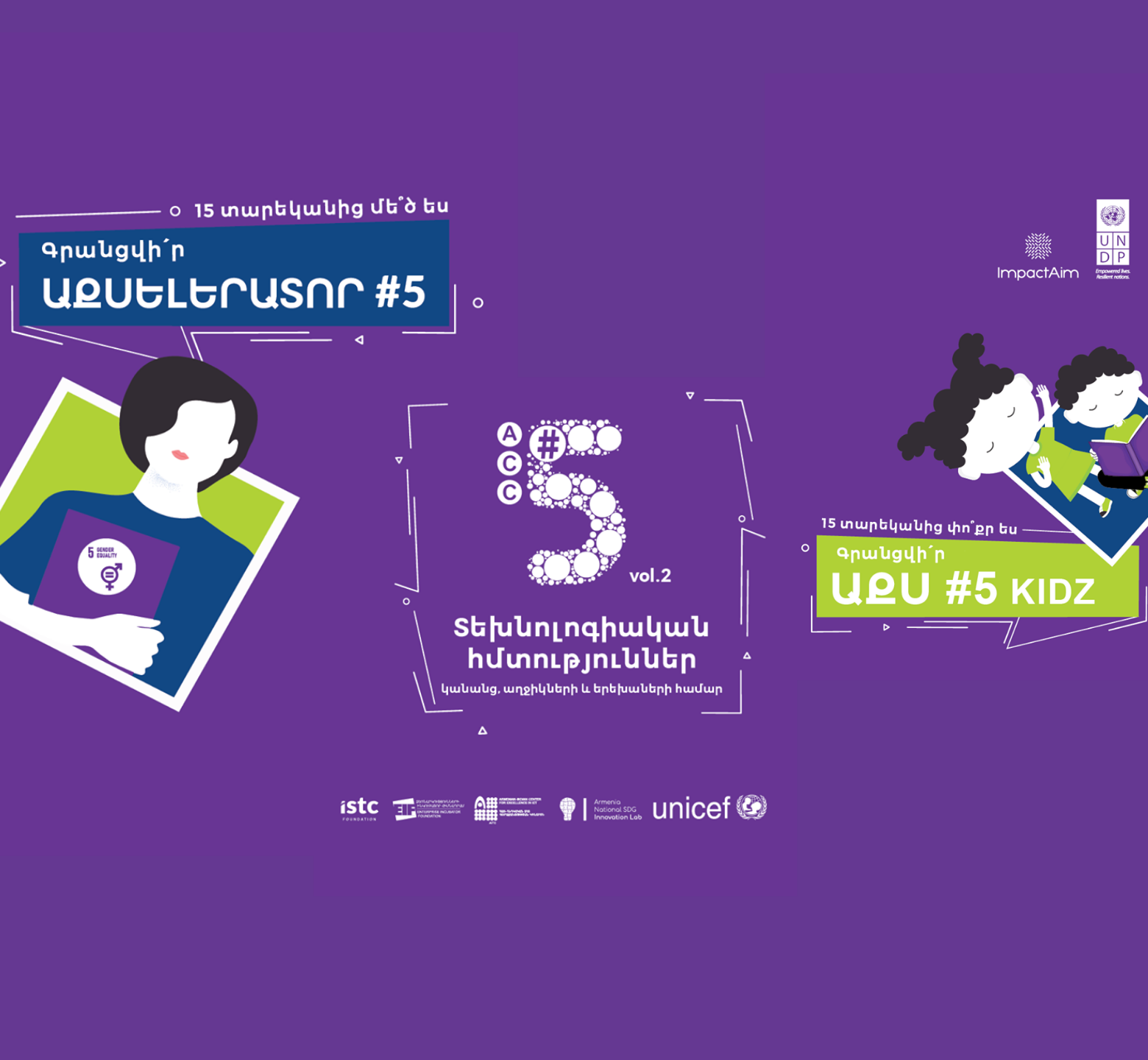
The Lab runs a series of flagship policy experiments
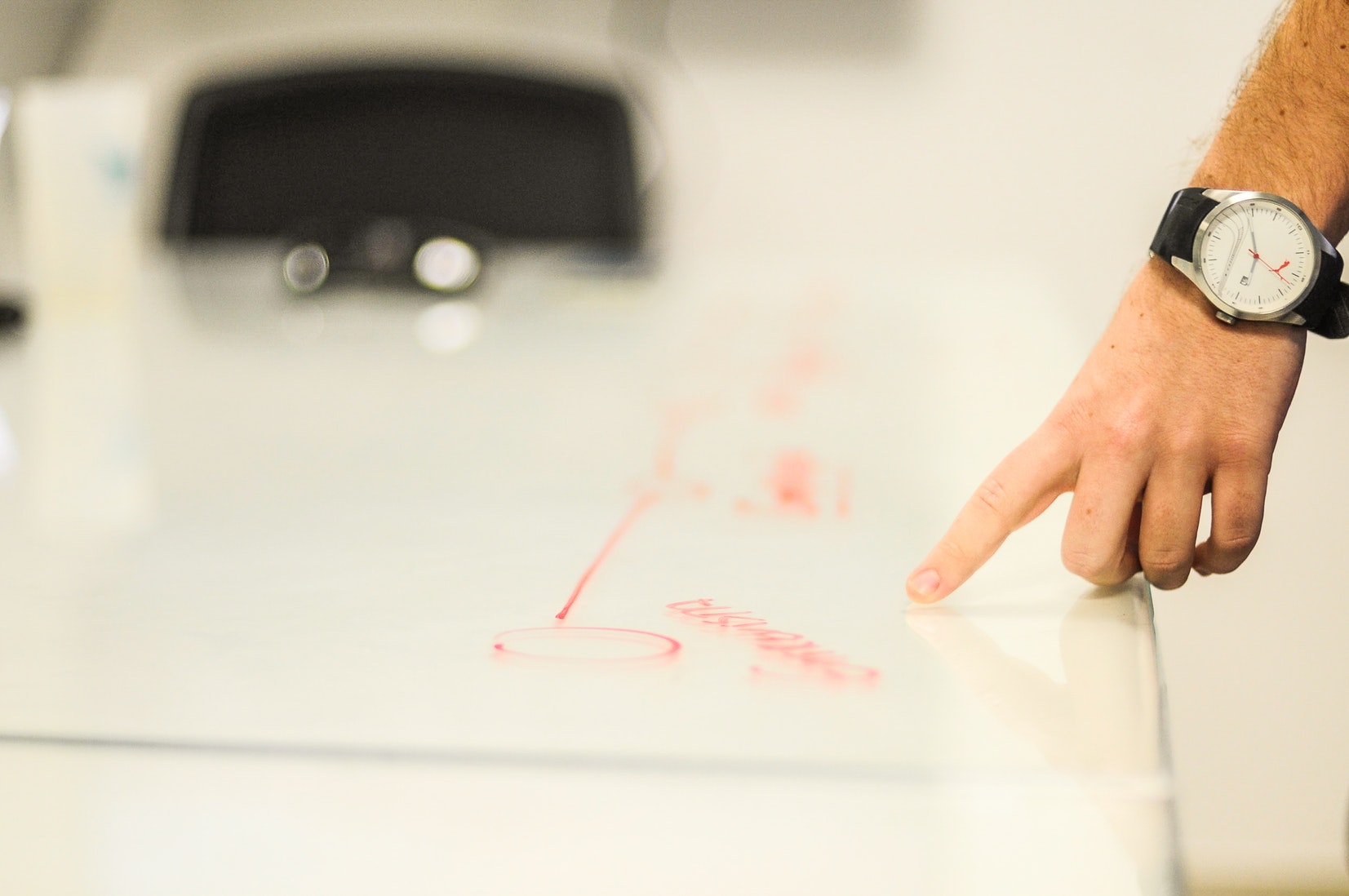

The Lab runs a series of flagship policy experiments
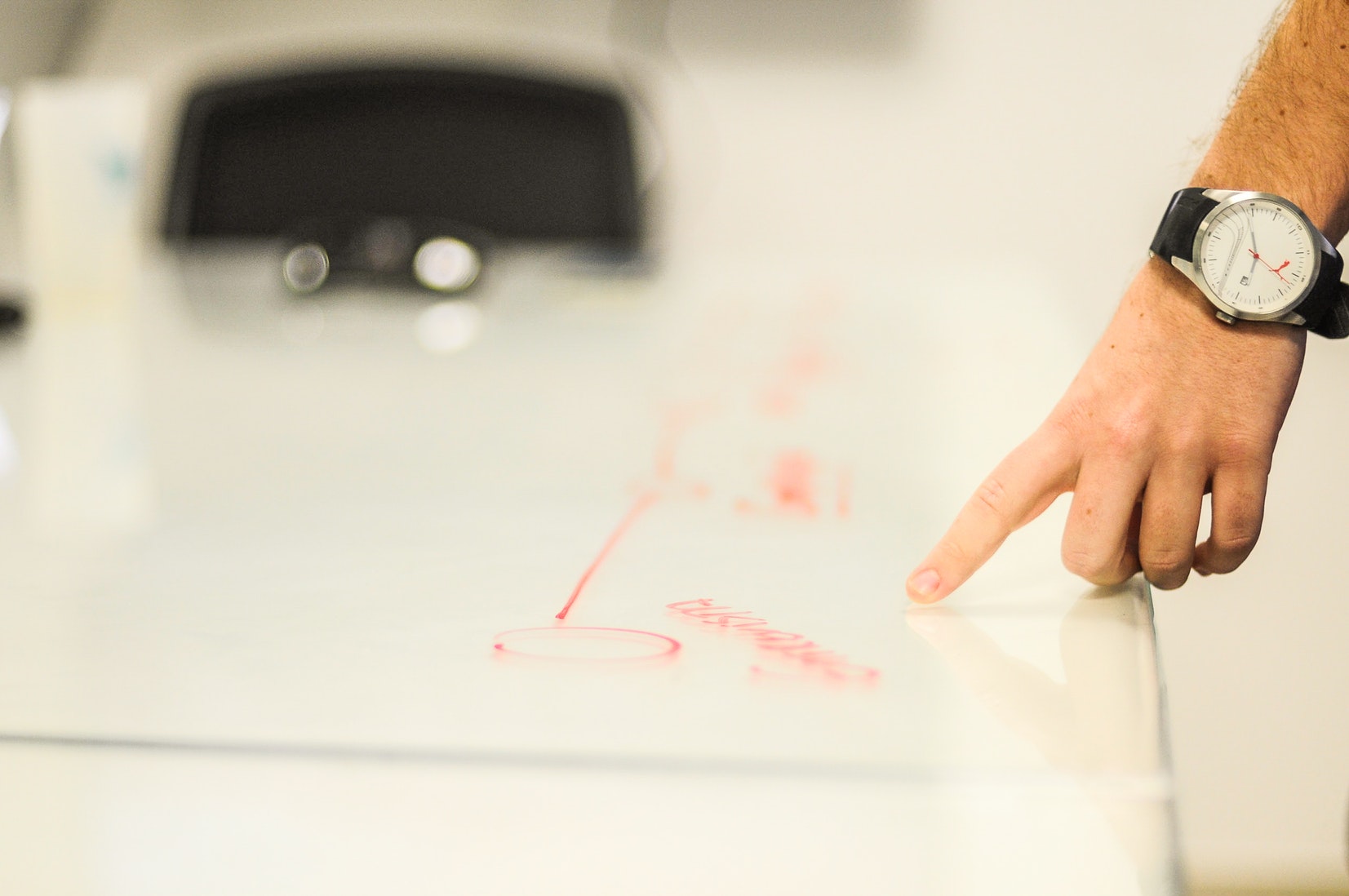
POLICY AREAS
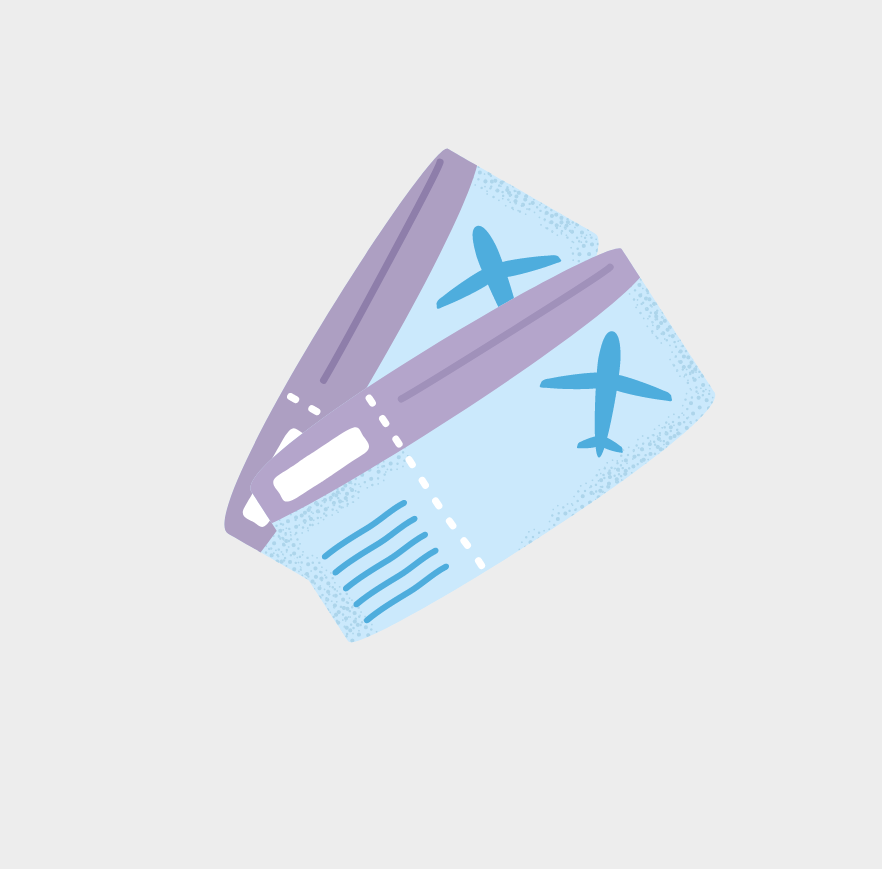
Tourism
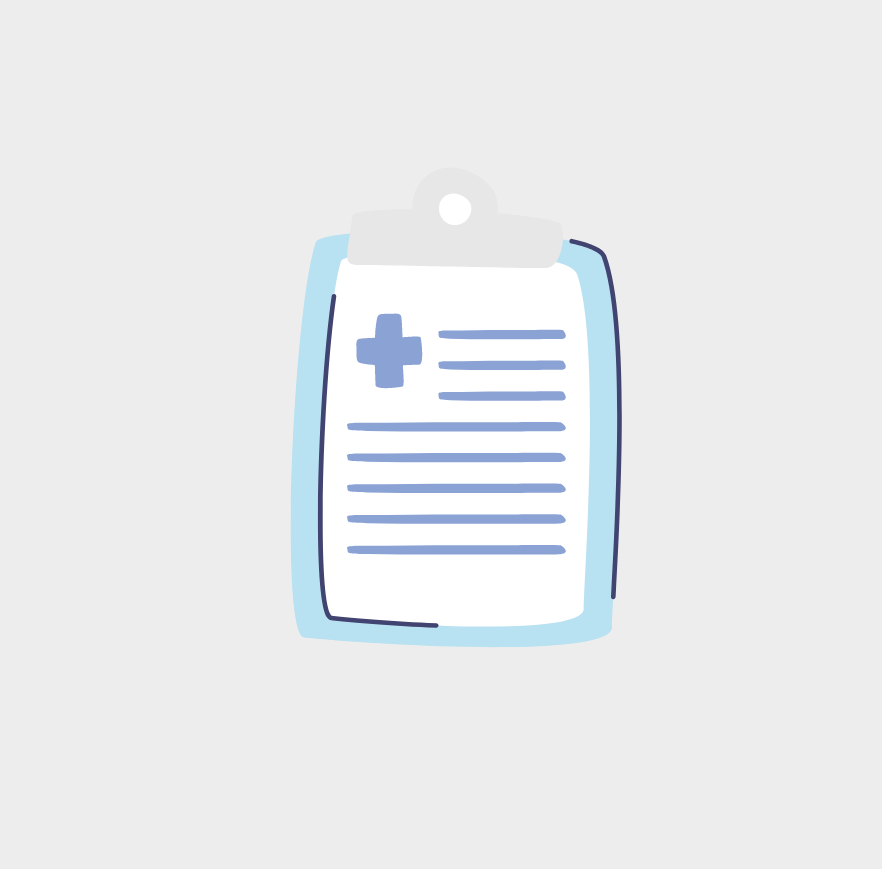
Health

Education and Employment
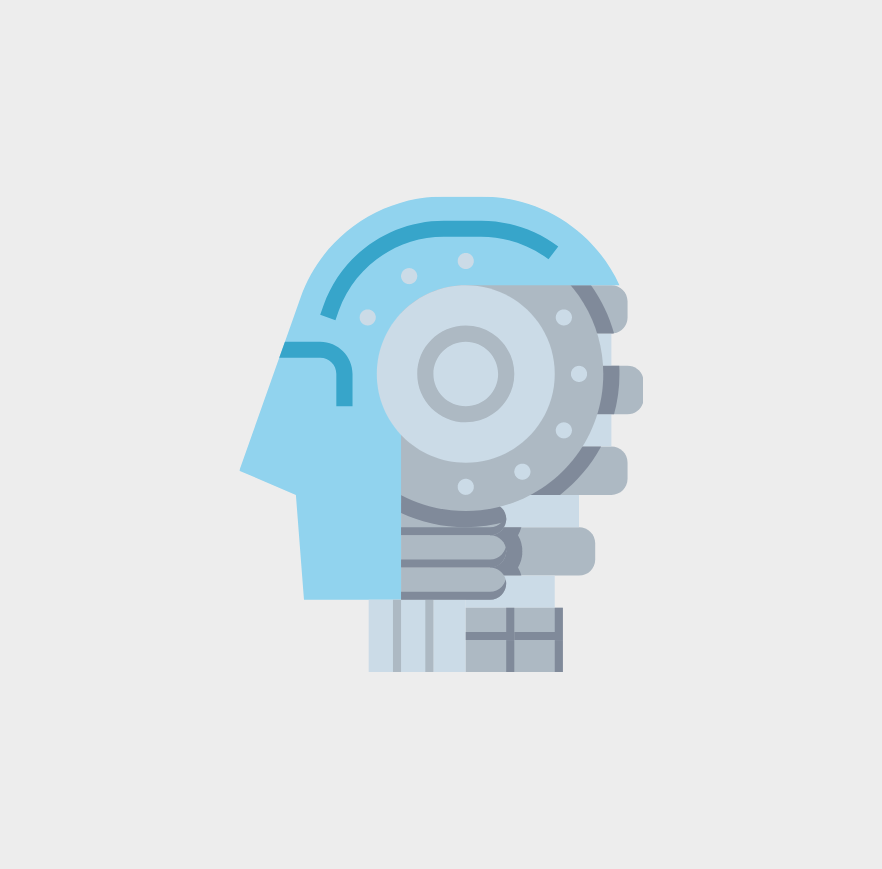
AI and Digitalization
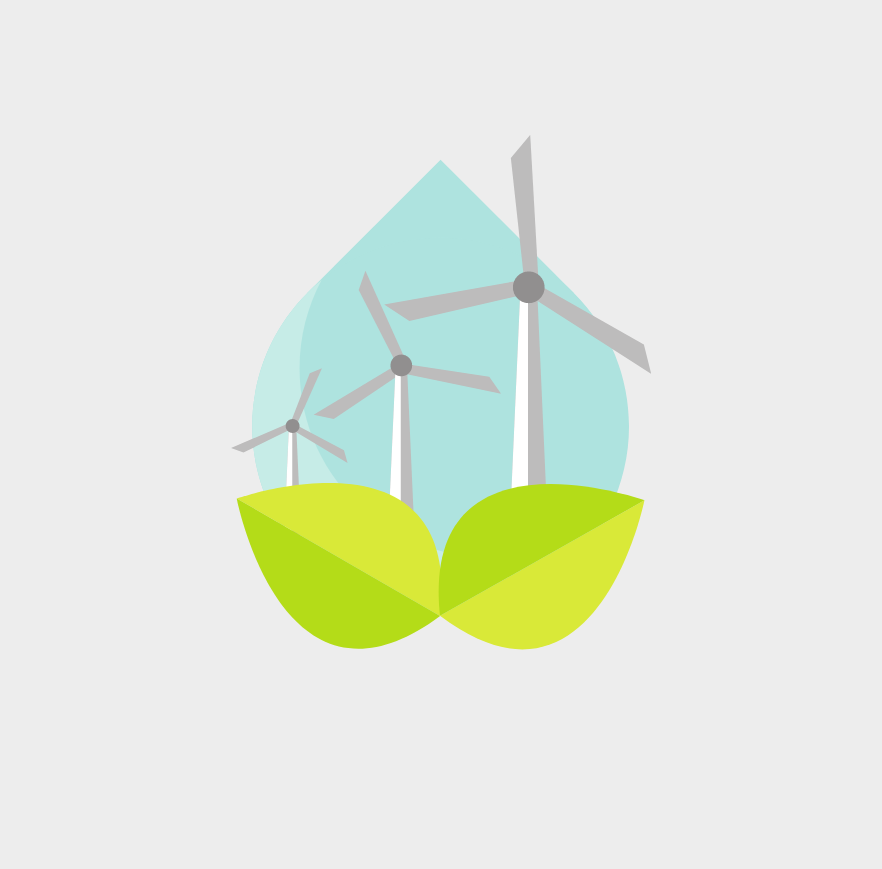
Environment

Tax
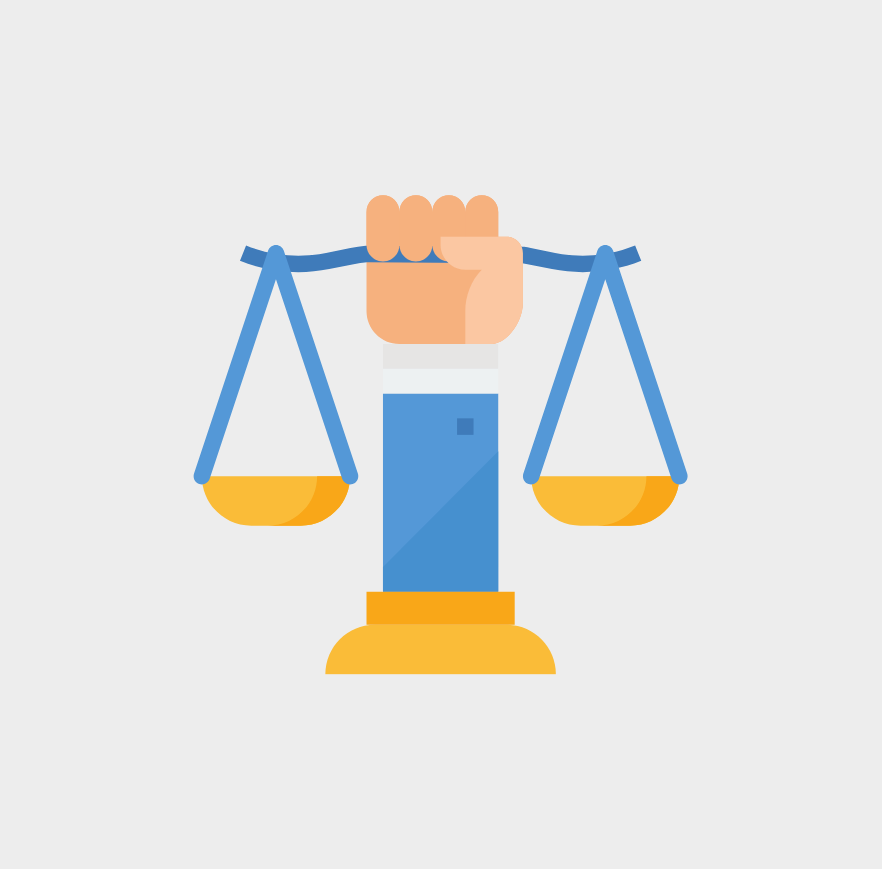
Justice

Defense

Road Safety

Entrepreneurship

Agriculture

Current projects
Երևան 2.0. դեպի ավելի ներառական ու կանաչ վերականգնում
Yerevan 2.0: towards more inclusive and greener recovery
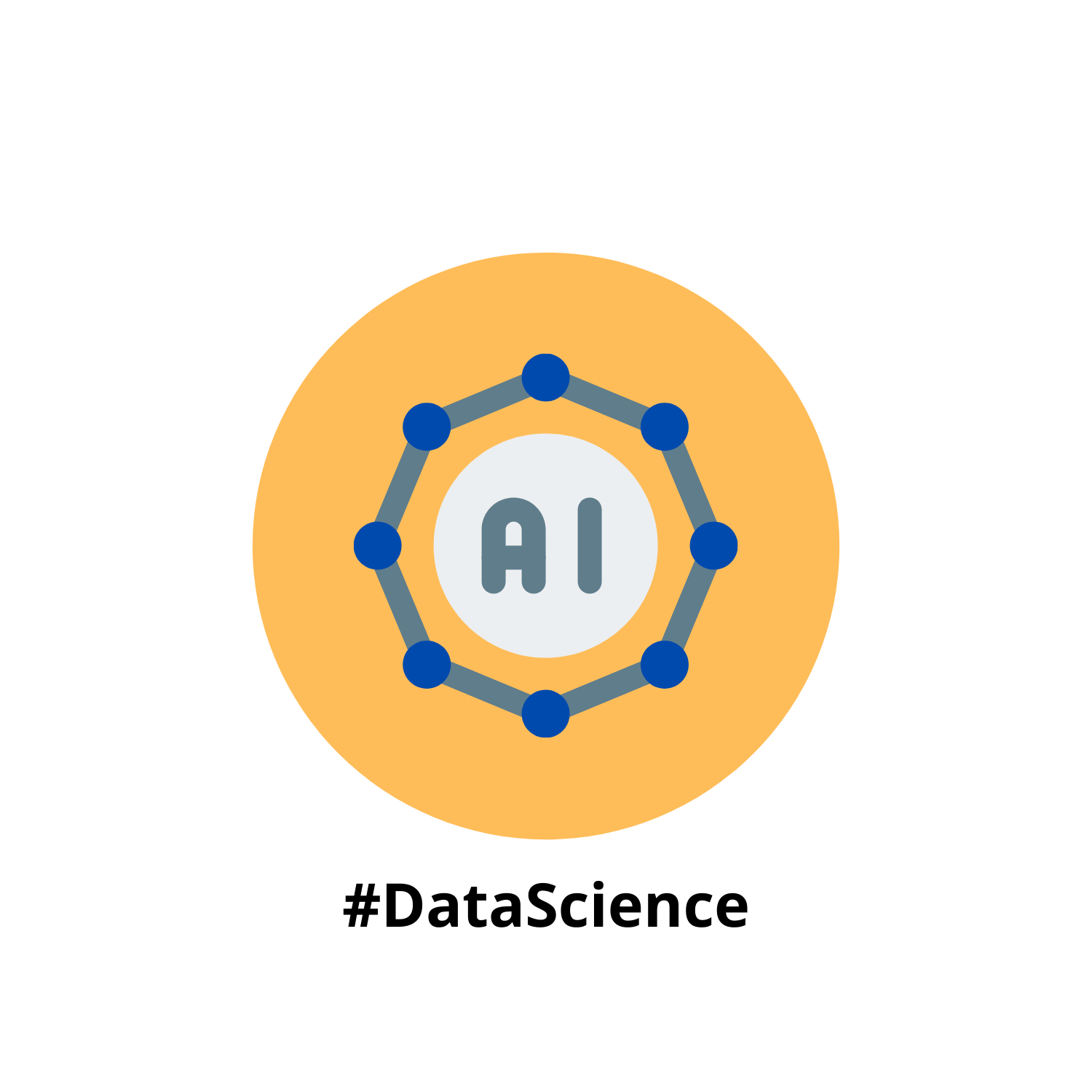
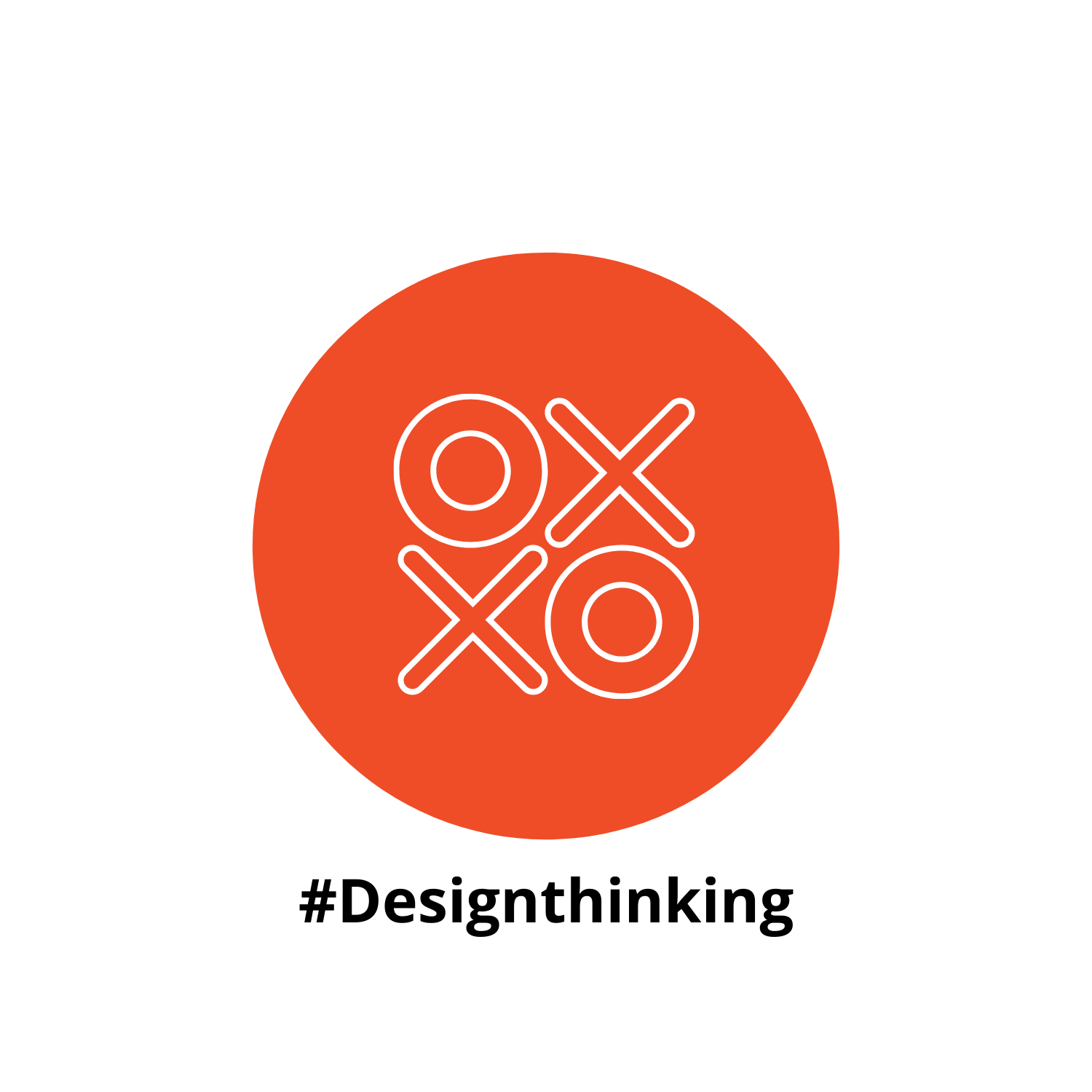
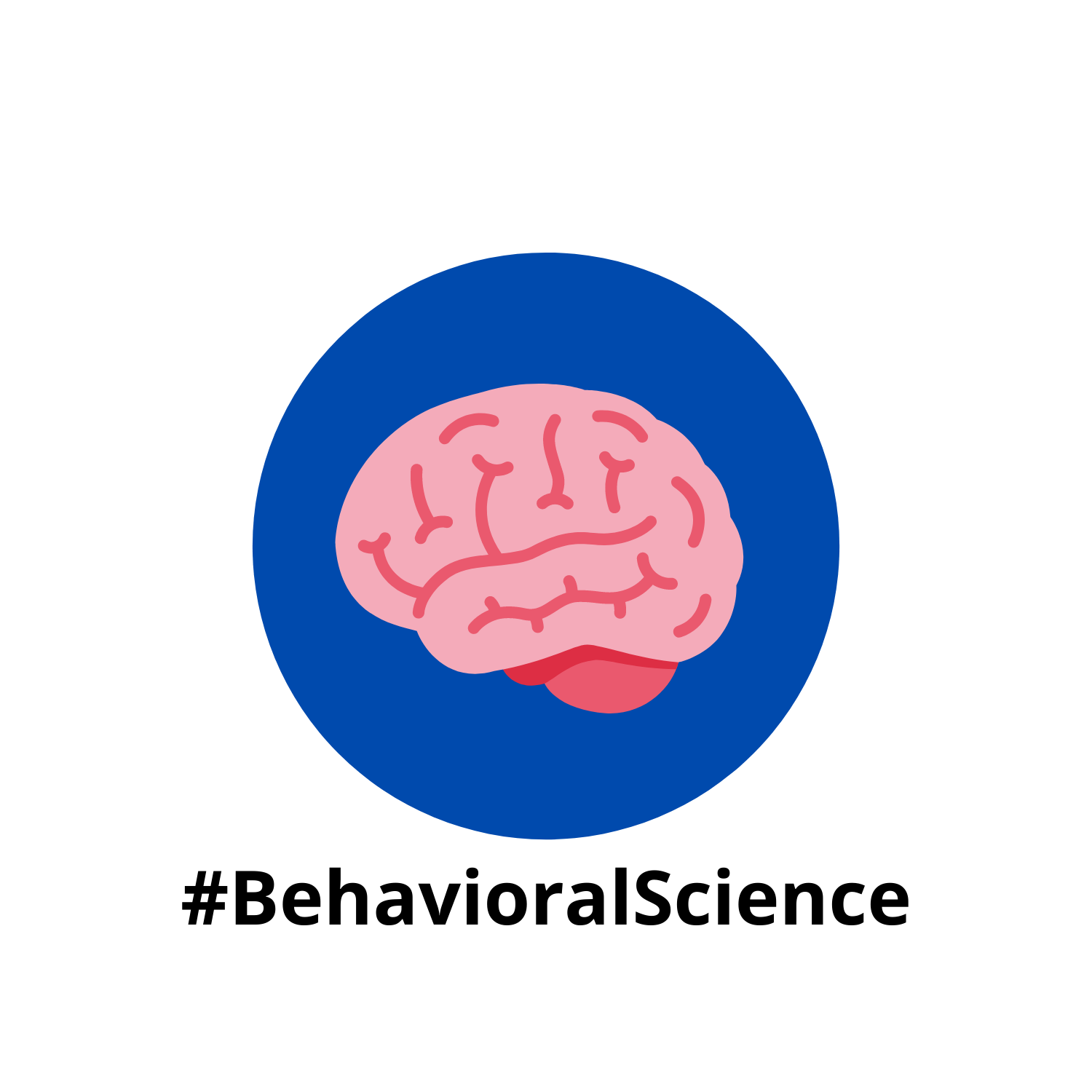
With an emerging need to rethink cities’ development across social, cultural, economic, and environmental dimensions, the project comes to support Yerevan city to build forward better by adopting a more comprehensive approach for systemic, inclusive and greener recovery from the COVID-19 crisis, focusing on data. This will be achieved through the following key components:
1․ City Level Digital Readiness Assessment
The tool will provide rapid, high-level insights into a city's digital strengths and weaknesses and generate insights for policy-makers to act on these. The tool will serve as an “entry point” for increased engagement between governments, COs, and a broad range of UNDP experts
2. City-wide service and data mapping, business process analysis
This methodology and toolkit aim at looking at all the data generated from the outside-in, take stock of available data and draw as is and to be business processes, making it possible for opportunities and interconnections to emerge, looking into further data synchronizing and analysis to lay down the basis for data-driven effective decision-making.
3. Doughnut Economics Model for City Recovery
A tool for transformative action at the city level, offering a holistic approach to city development in pursuit of the vision to recover as a thriving, regenerative and inclusive city for all citizens
4. Municipal service optimization, redesign and digitalization
The full cycle of service redesign from needs identification to co-designing together with the users and service managers will result to business process optimization, higher citizen satisfaction and cost saving on certain services

Բարև բալիկ
BarevBalik
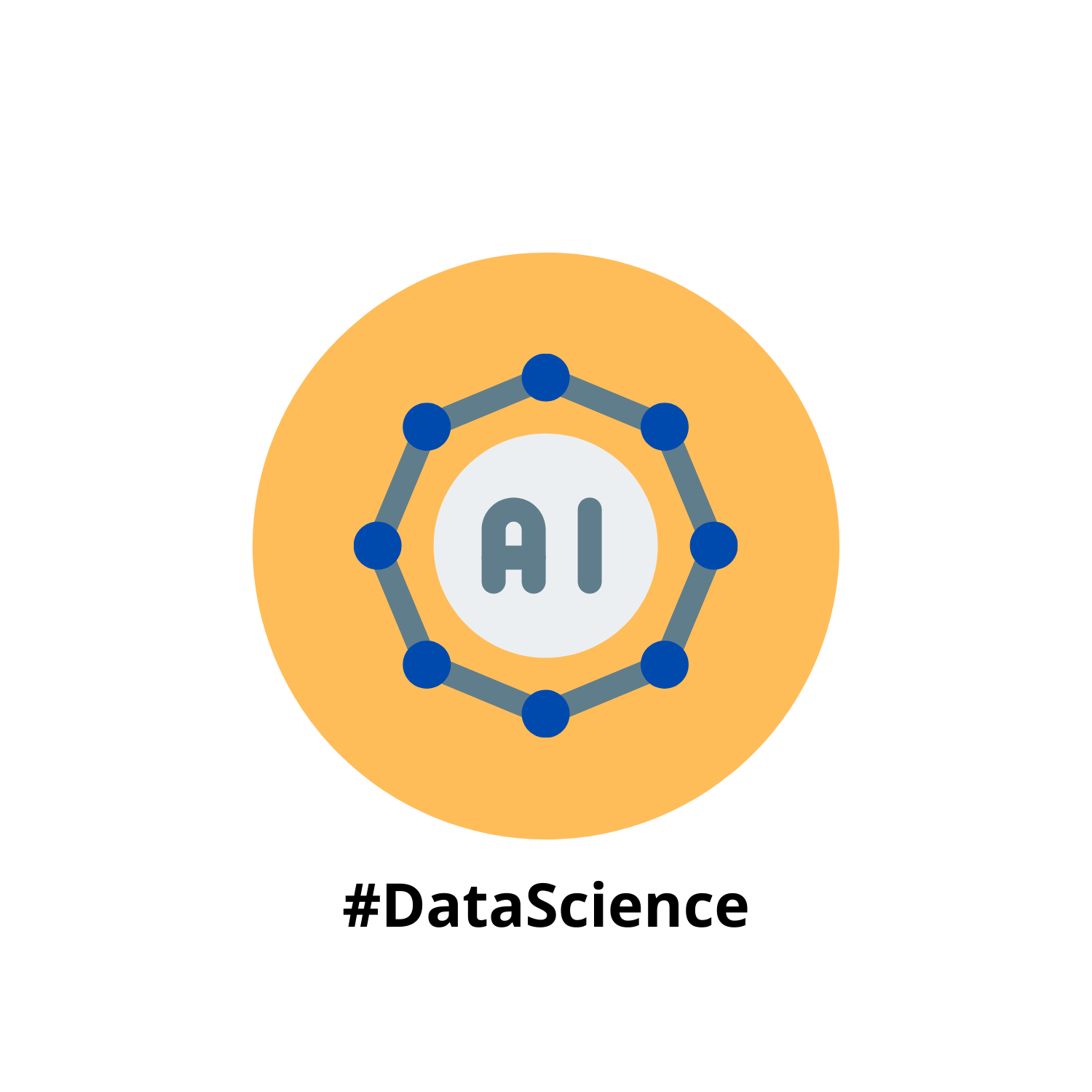
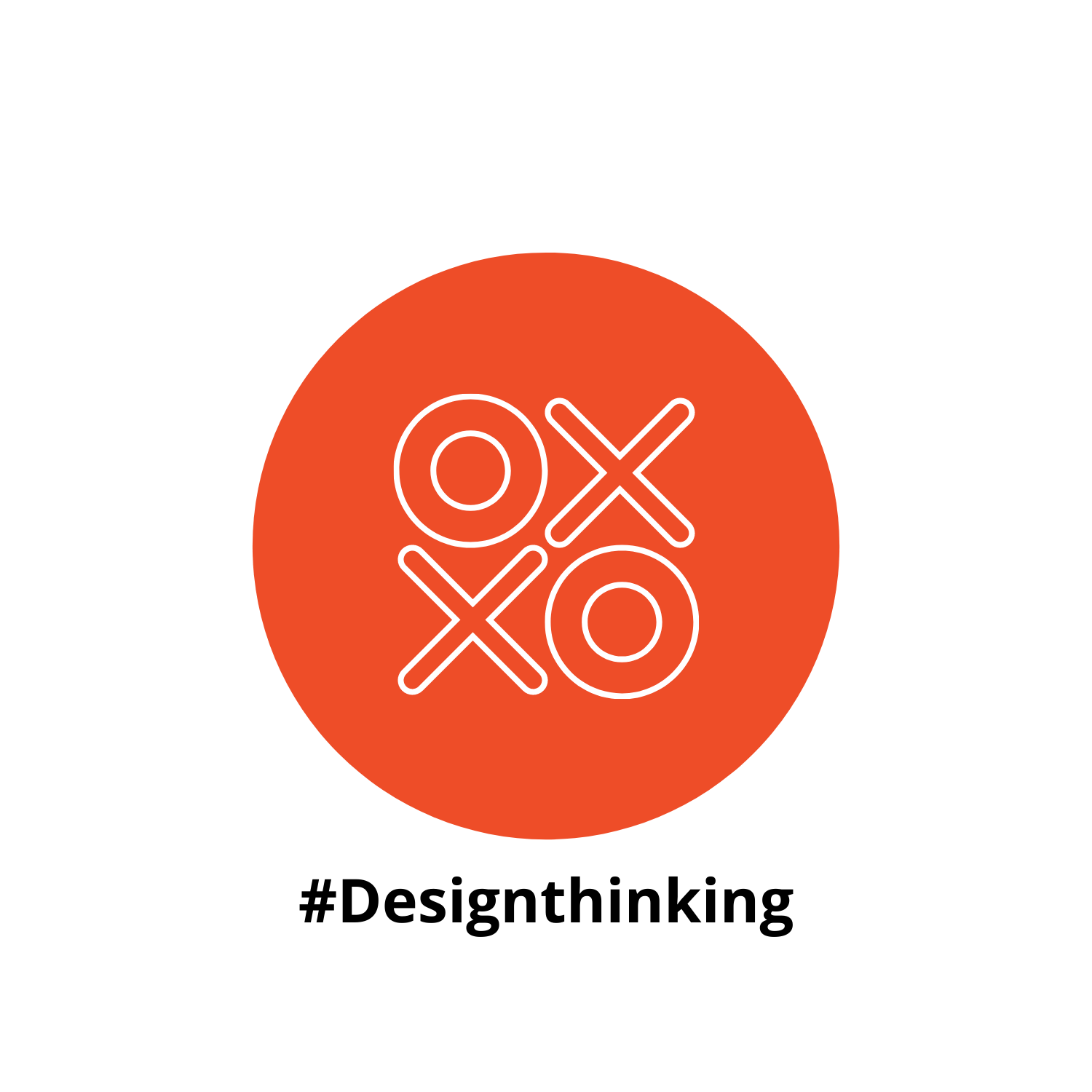
The overarching goal of BarevBalik project is to catalyse the modernization of maternal and child health services as well as to bring data, evidence and citizen-centric approaches into policymaking in maternal and child healthcare.
Within the framework of BarevBalik project a platform and app dubbed BarevBalik have been developed. BarevBalik is a one-stop-shop powered by evidence-based information and adjusted to the Armenian cultural realities for all the parents-to-be and parents out there seeking guidance on pregnancy and parenthood. The app/platform is making science-based information accessible to parents online and is piloting a digitalized vaccination service. Through the app/platform pregnant women, parents-to-be, people with infertility issues, and parents of children of up to 6 years old can get:
- Ease of access to health information on prenatal, postnatal, and pediatric care
- Tools that support in tracking health status of pregnant women and newborn children
- Financial support eligibility tool
- Services near me (hospitals, clinics, laboratories)
- Digitalization of vaccination record for children based on the National Immunization Program of RA
BarevBalik is currently working on the data collection and development of the app/platform.
The project is implemented by Armenia National SDG Innovation Lab in cooperation with Viva-MTS and the Government of Armenia, particularly the Ministry of Health.
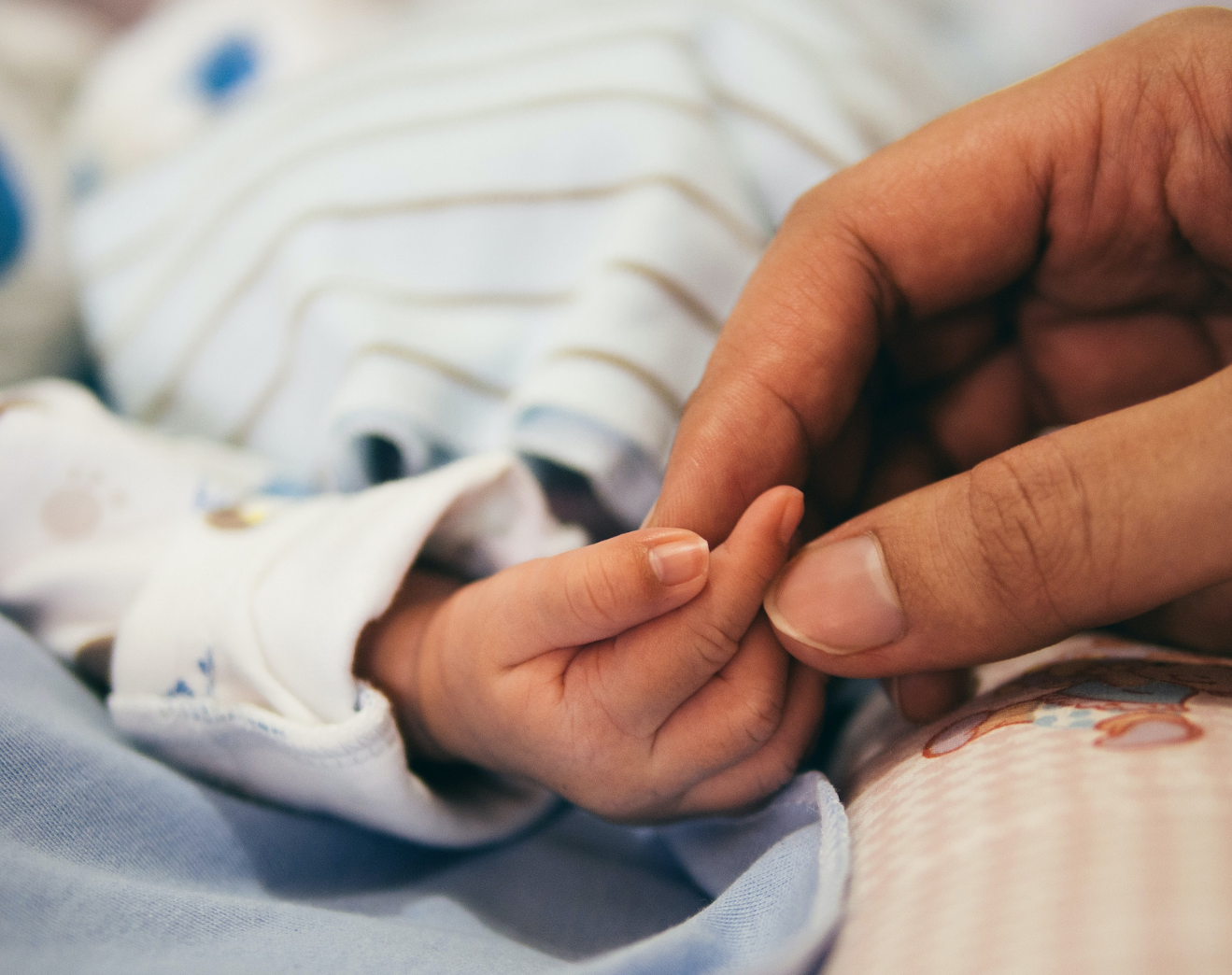
Re-framing Road Safety in Armenia: connecting data, people and policies on Armenian roads
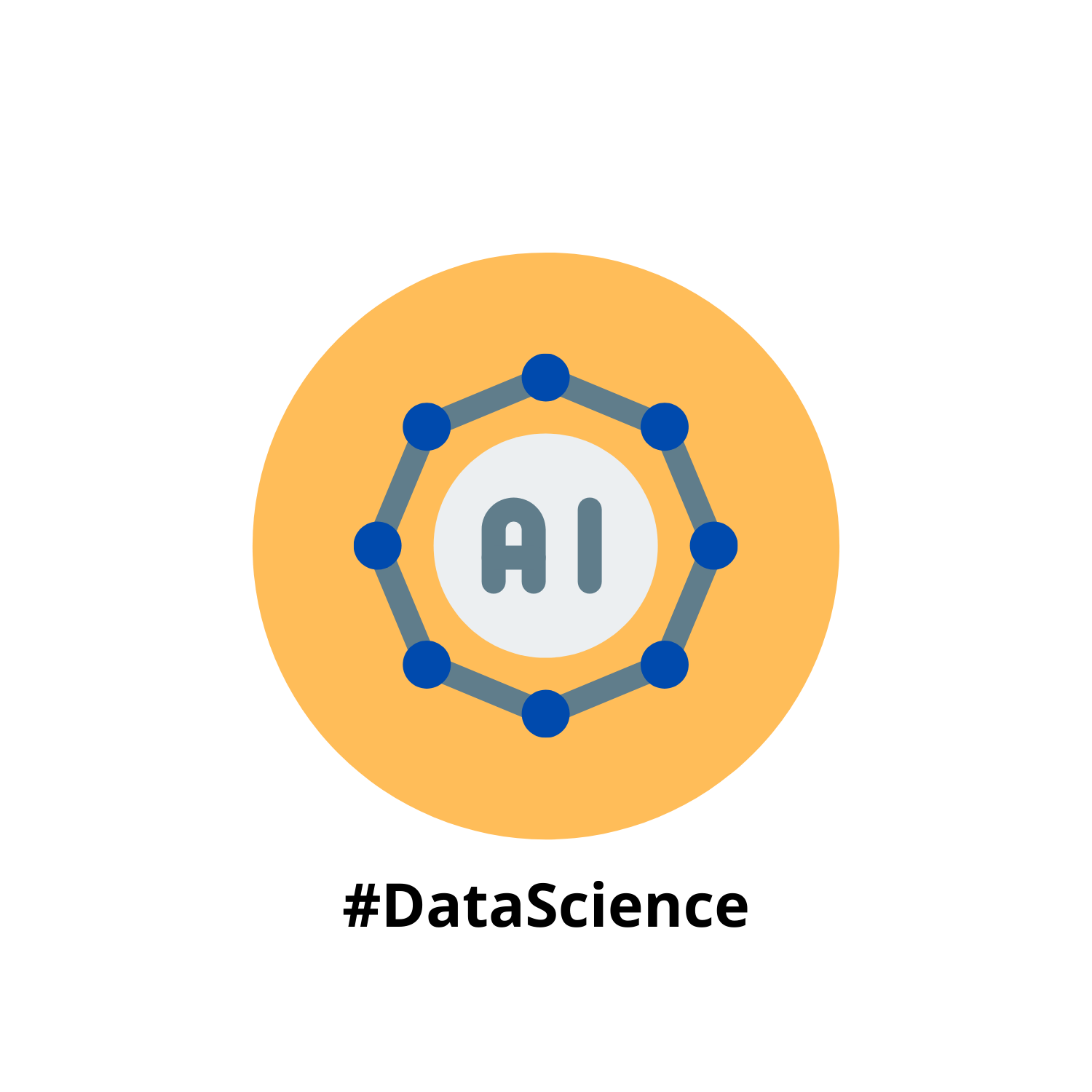
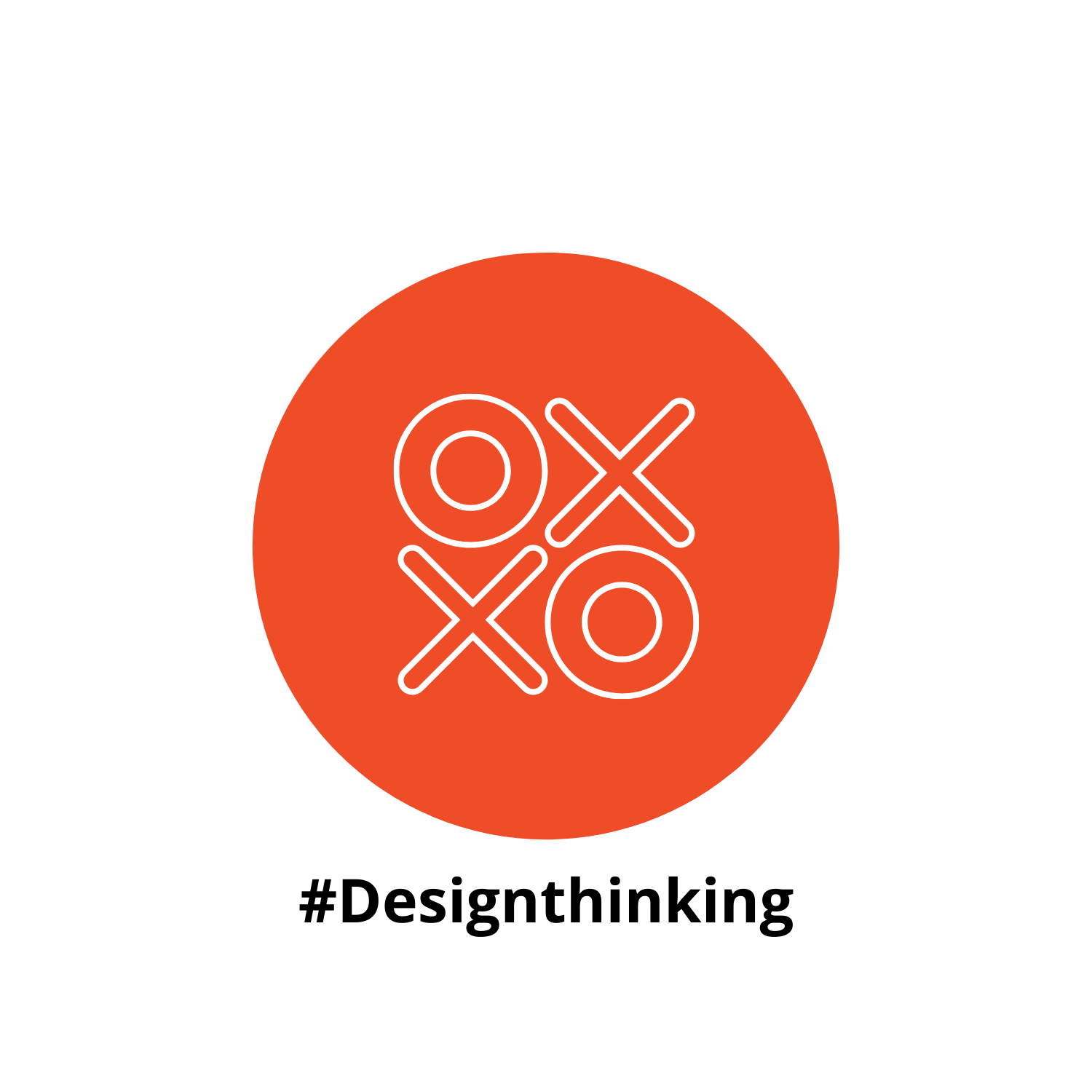
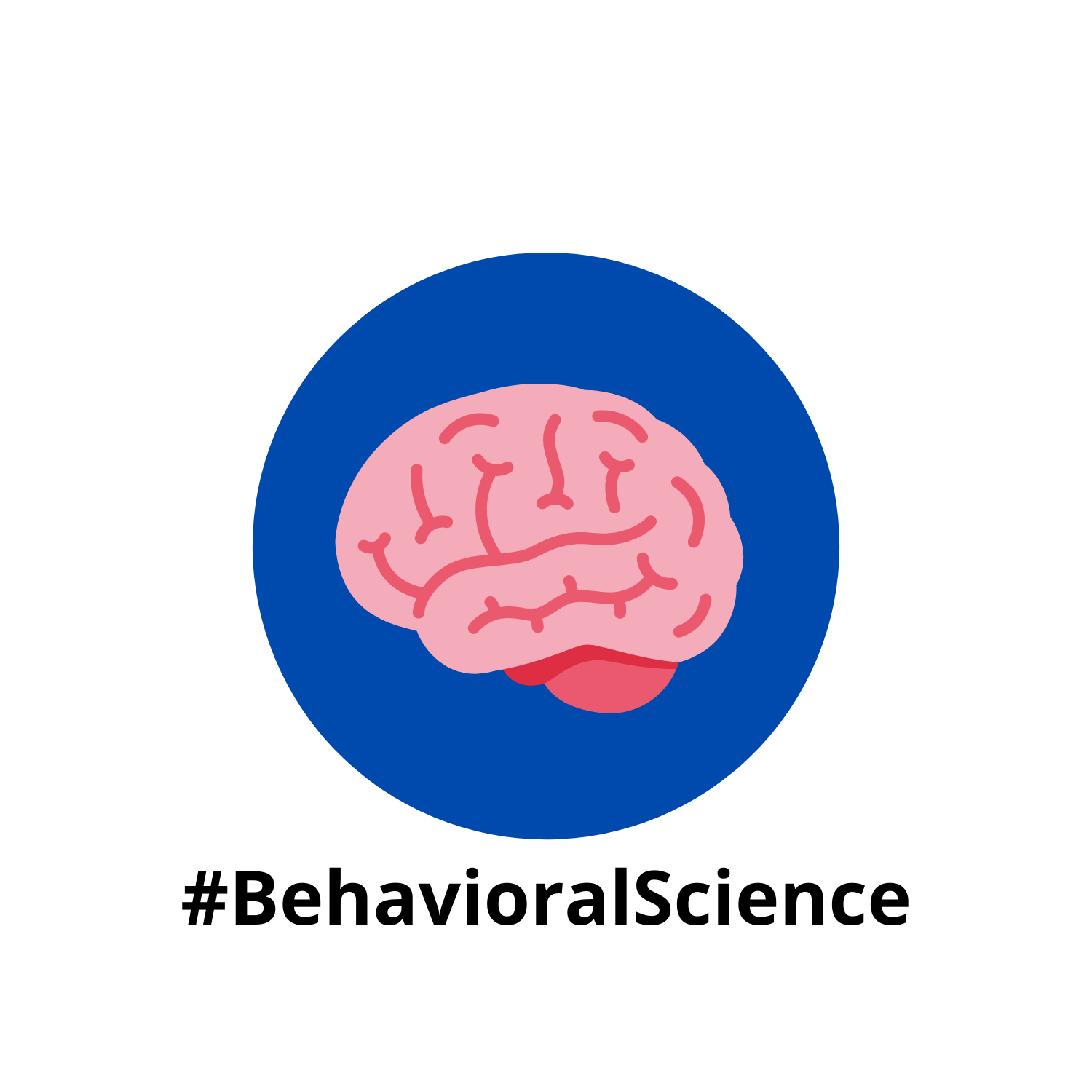
The overall objective of the project is to help inform and implement the road safety policy in the country through the establishment of a new integrated database and experiment-informed policy-making practices, and facilitate coordination, planning and evaluation of road safety interventions, thus contributing to achieving a 50% reduction of road deaths by 2030.
More than 300 people die on the roads in Armenia every year, which represents a significantly higher per capita rate than in neighbouring Georgia, Azerbaijan and Turkey. At the same time, and in line with a rapidly growing vehicle fleet in the country, the numbers of road accidents, fatalities and injuries are on the rise.
The underlying causes are many, ranging from low quality and maintenance of vehicles to road infrastructure - all exacerbated by unsafe road user behaviour, particularly speeding and drunk driving.
The Project Team has been developed in cooepration with RA MTAI, as the key national stakeholder responsible for road safety coordination, the National Road Safety Council (NGO), the RA Police, the RA Ministry of Health (MoH), and other partners to establish routines that enable for more effective collection, synchronization and analysis of road traffic and accident-related data in line with the four CADaS variables.
Ultimately, this will help identify black spots and root causes of accidents, thus providing the opportunity to design evidence-informed measures in specific locations. These data points will provide insights which will allow for more targeted behavioural and educational interventions.
This project is implemented by SweRoad organization in cooepration with UNDP Armenia, UNICEF Armenia with support from RA MTAI, RA Police, Yerevan Municipality and National Road Safety Council NGO.
This is a 2-year programme. Updates are coming soon.

Completed projects
Behavioral experiment to increase the take-up rate of preventive cancer screenings
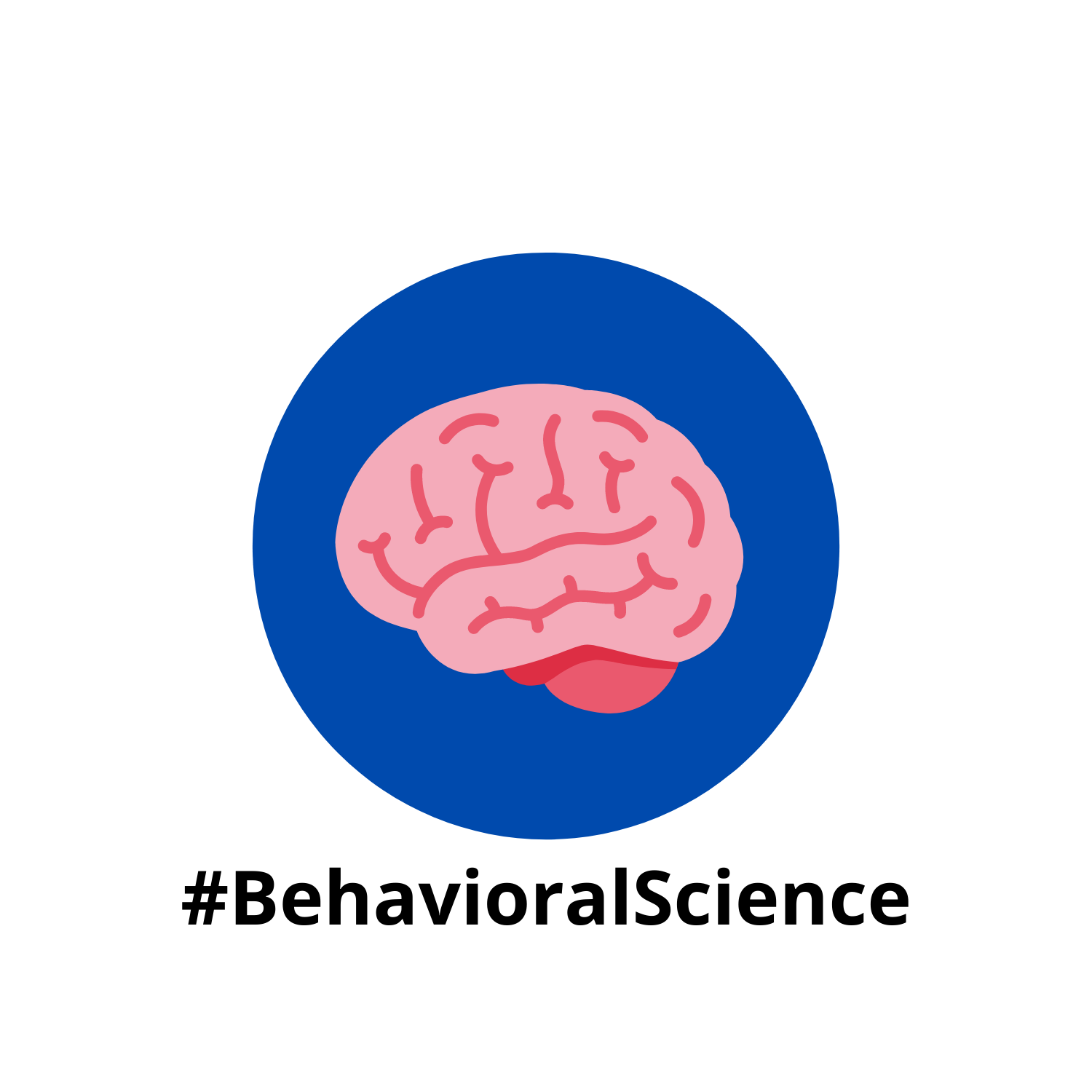
In 2019, Armenia SDG Innovation Lab in cooperation with UNDP in Armenia, Ministry of Health and Armenak Antinyan (Zhongnan University of Economics and Law), Luca Corazzini (University of Venice), and Marco Bertoni (University of Padova) designed and carried out a randomized controlled trial (RCT) to evaluate the effectiveness of a set of low-cost invitation interventions on women's participation in a national cervical cancer screening program.
The experiment was aimed at the prevention, early detection, and management of non-communicable diseases at the primary health care level by increasing the take -up rate of free cervical cancer screenings for women aged 30-60. The trial was implemented in Shirak.
Based on the primary research, it was hypothesized that one of the reasons women don't voluntarily show up at their general practitioner en masse to be prescribed the free screening, was the lack of information on the service itself.
The Lab sent personalized letters signed by general practictioners to women inviting them to the screening at a given date. The experimental groups were exposed to 3 types of interventions (nudges) and the results were juxtaposed against the control group that received no invitation.
The experiment was carried out within the framework of "Innovative Solutions for SDG Implementation in Armenia" project funded by the Russian Federation and implemented in close partnership with the Government of Armenia.
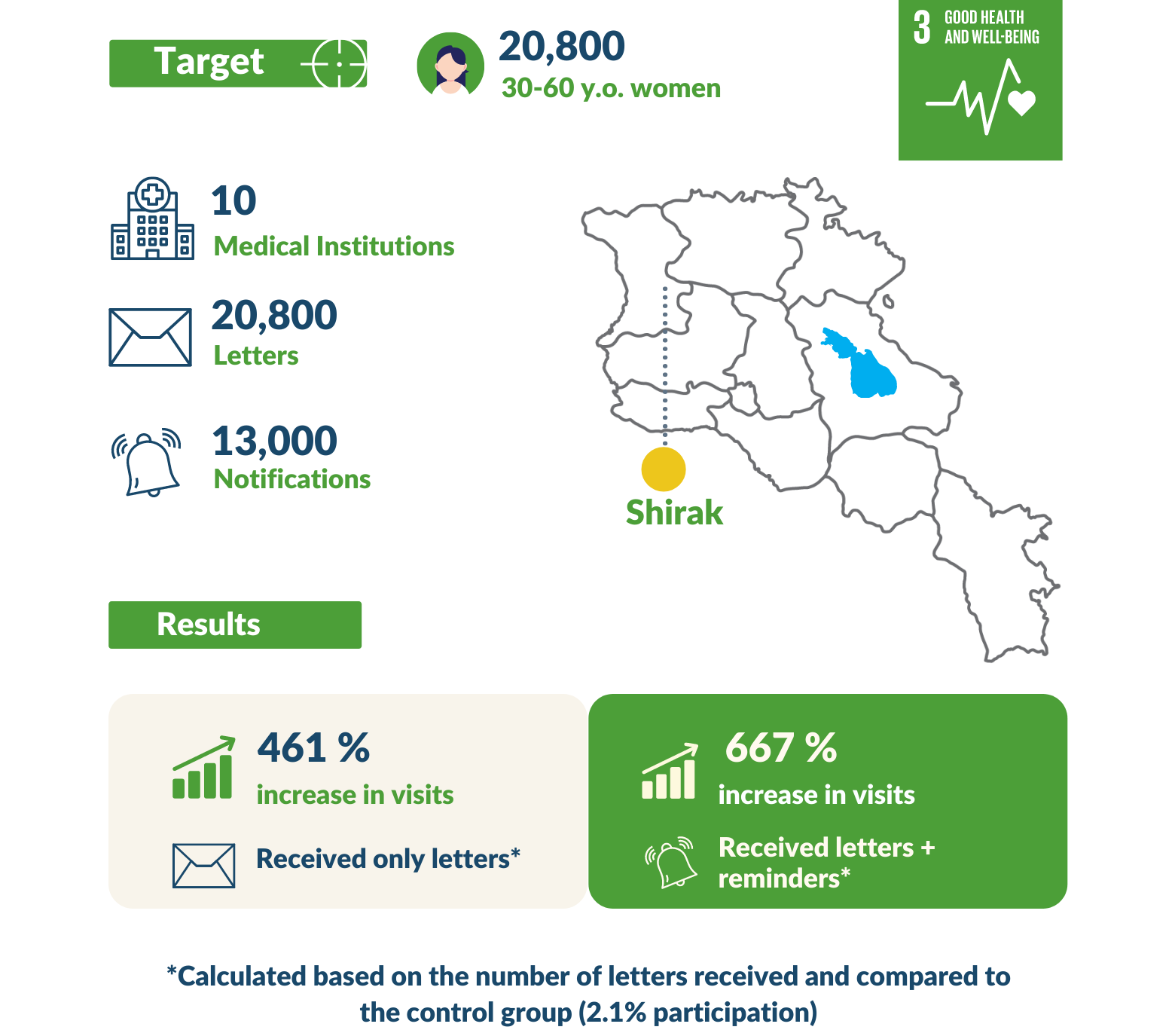
Increasing Tax Compliance in the Republic of Armenia through a Behavioral Intervention
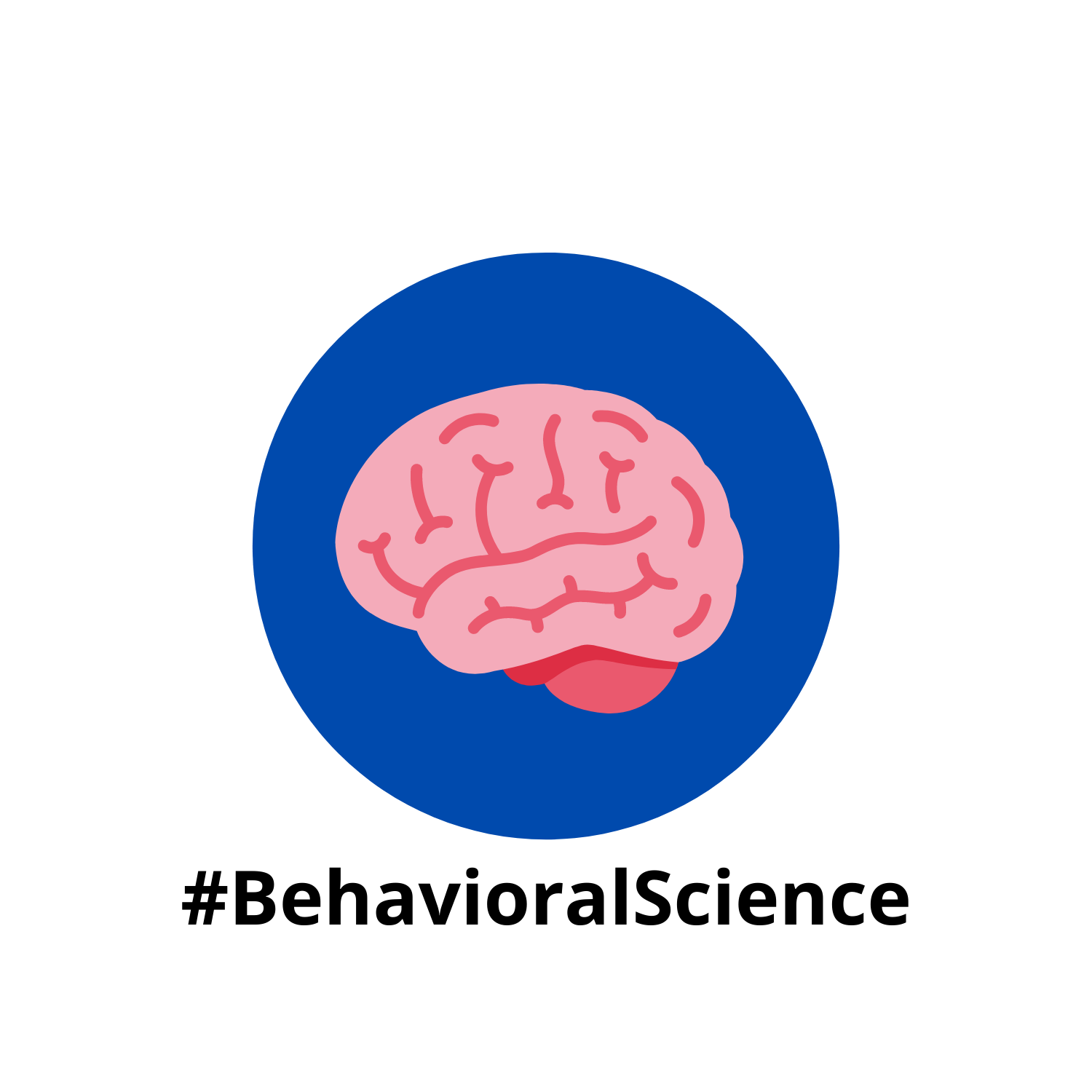
In 2019, Armenia SDG Innovation Lab in cooperation with UNDP in Armenia, State Revenue Committee designed and carried out a randomized controlled trial aimed at nudging turnover taxpayers in Armenia through e-mail to pay their taxes. This way, we aided the authorities in developing a dialogue with the citizens and changing their perceptions on taxes.
The randomized controlled trial was testing the impact of low-cost behavioral interventions on tax compliance in Armenia. We focused on 28,503 small and medium enterprises operating in Armenia who are eligible for paying a turnover tax.
We assessed whether behavioral notifications sent through e-mail can increase the total turnover declarations by these companies. We also checked whether increased turnover declarations eventually result in declaring more taxes.
We tested 5 different types of email notifications. We later juxtaposed the results against the control group, which was not exposed to any treatment.
The experiment was carried out within the framework of "Innovative Solutions for SDG Implementation in Armenia" project funded by the Russian Federation and implemented in close partnership with the Government of Armenia.
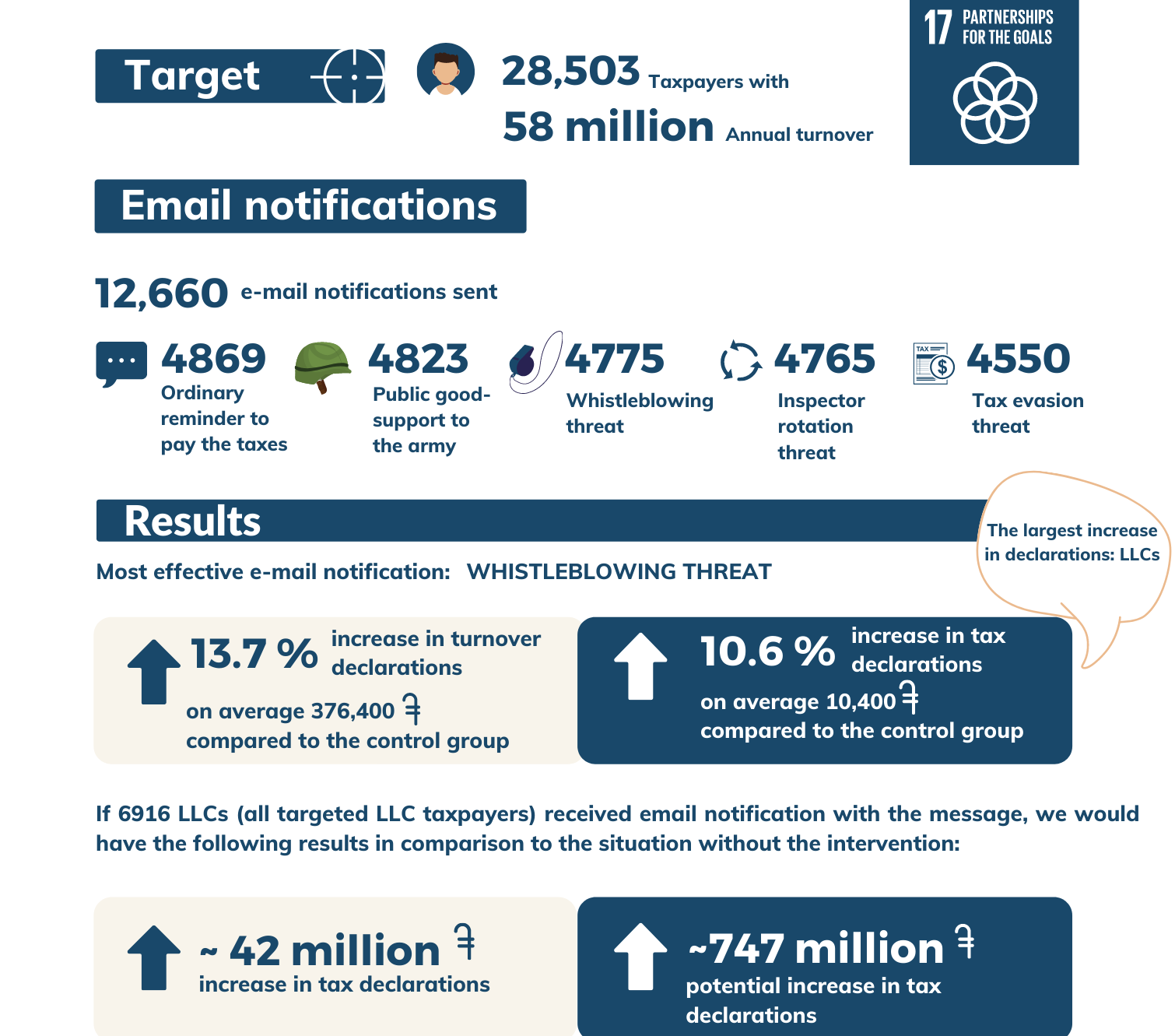
Economic Incentives, Nudging Interventions and Reusable Shopping Bags: Evidence from a Randomized Controlled Trial
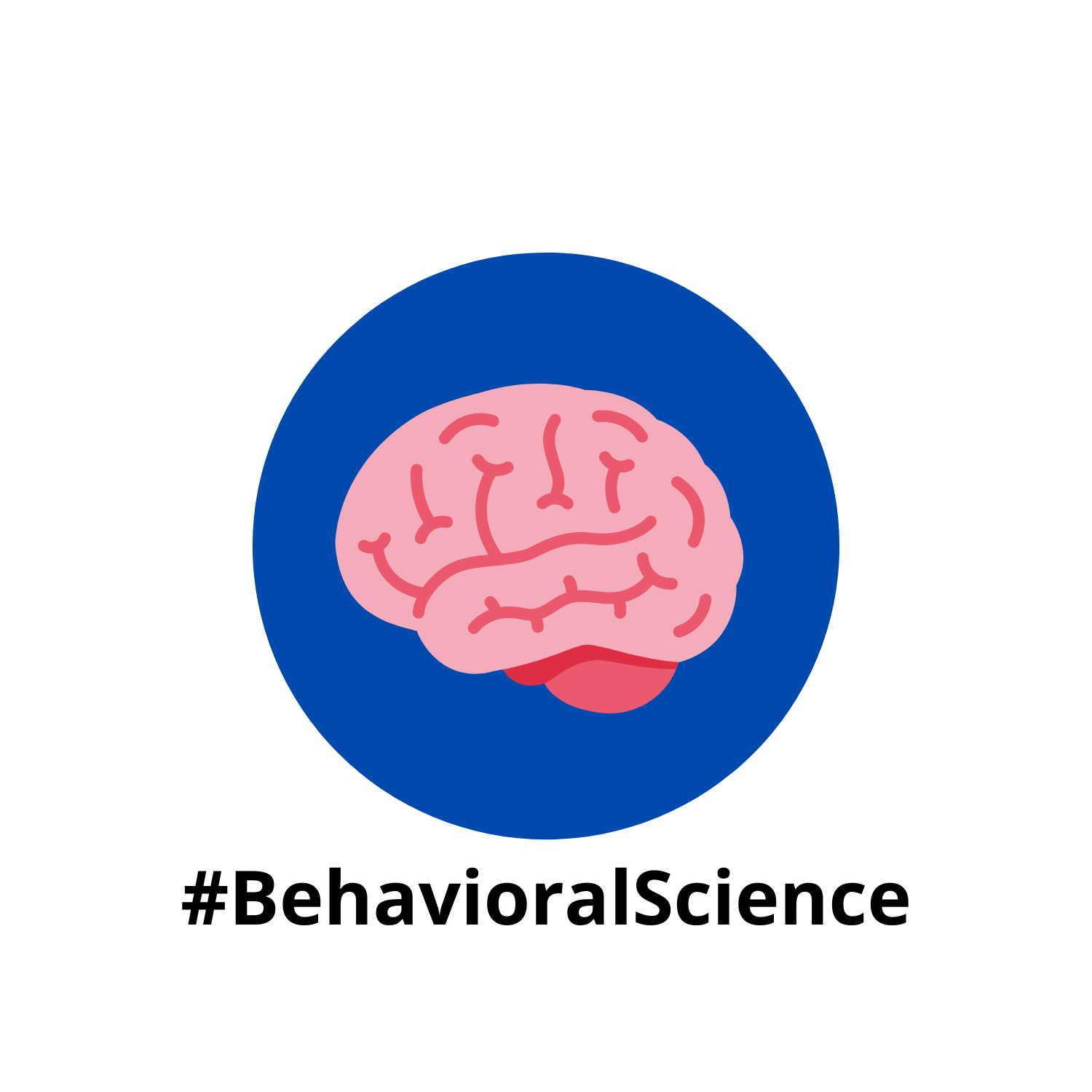
In 2020, Armenia SDG Innovation Lab teamed up with My Step Foundation and together with Armenak Antinyan (Zhongnan University of Economics and Law) and Luca Corazzini (University of Venice) in cooperation with the office of the UN Resident Coordinator in Armenia designed and conducted a field experiment to test several interventions to see what drives individual behavior to reduce plastic consumption during grocery shopping.
The experiment kicked off in the end of January of 2020 and lasted six months. We randomized 5809 participants of the experiment into 7 groups and tested 6 types of nudges (the 7th group was the control group, which didn't receive any nudge).
According to the results of the experiment, compared with the control group (with no intervention), both the financial bonus and the environmental nudge serve as effective policy instruments to reduce disposable plastic bag purchase. Moreover, reusable bags in combination with the environmental nudge or the financial bonus are more effective than the environmental nudge or the financial bonus alone. Interestingly, the financial bonus is substantially more effective than the environmental nudge, irrespective of the absence/presence of reusable bags.
The funding for the experiment was provided by the GEF Small Grants program.
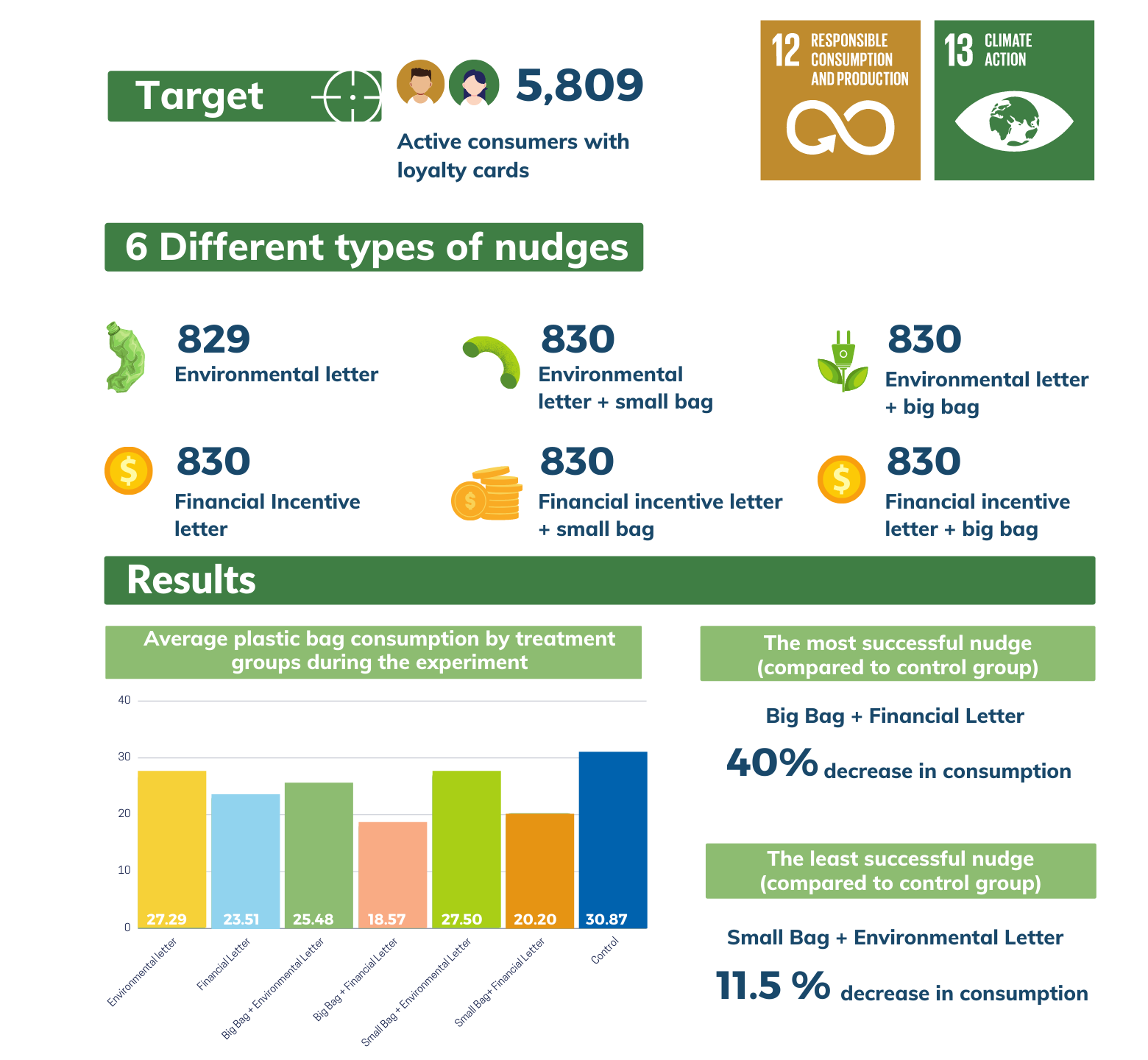
Promoting STEM professions via educational videos and brochures (part of Edu2work project)
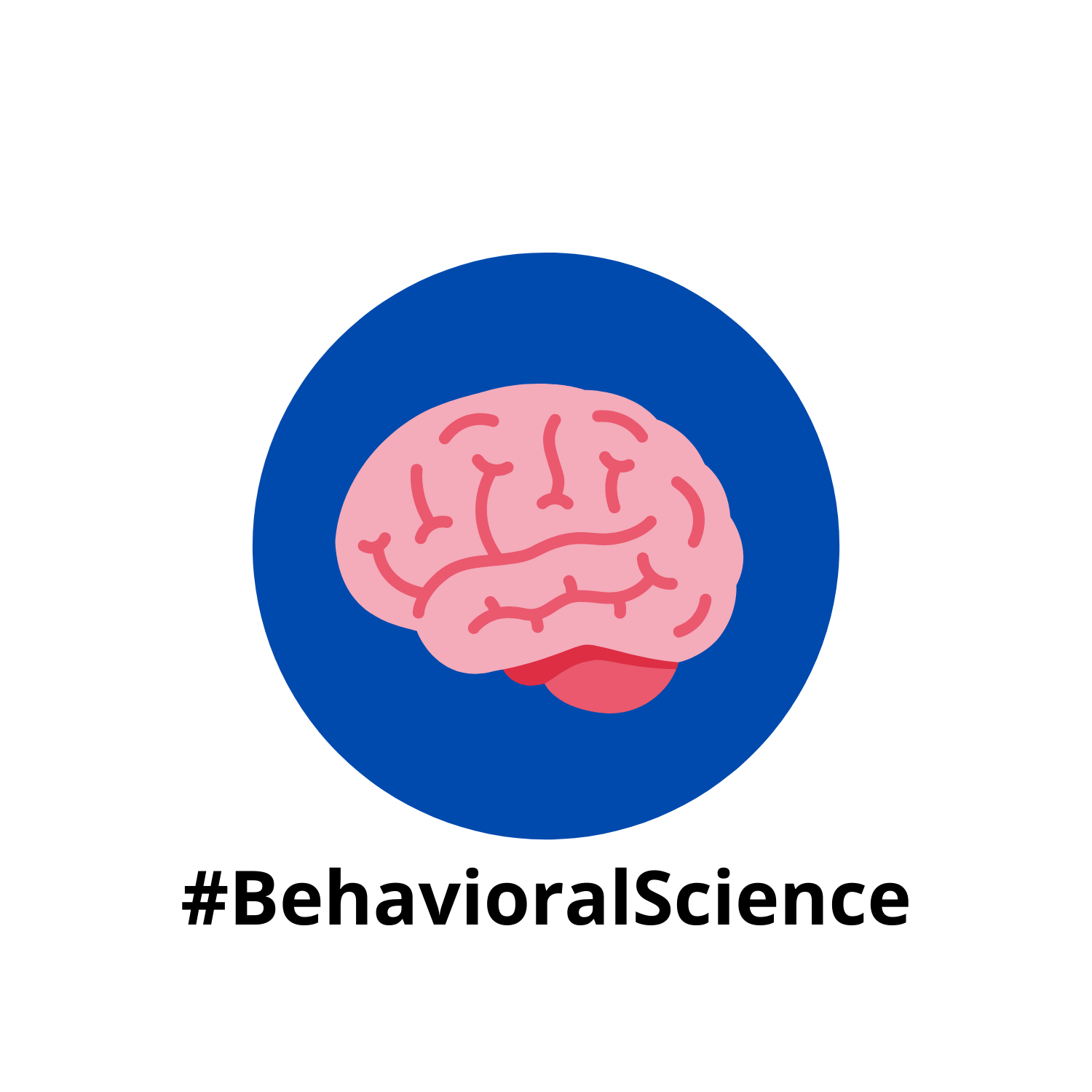
Within the framework of Edu2Work project, in cooperation with the UK’s Behavioural Insights Team, the Lab has designed and implemented a behavioral experiment among 9th graders and their parents to find out the most effective policy measures for helping individuals to make informed career decisions.
The experiment focused on secondary school students making the transition to high school. Based on the results of the labour market research and information provided by Edu2Work platform, the experiment designed varieties of nudges for students and their families to support their decision-making process in terms of career orientation towards STEM professions.
The students watched an inspirational video with young STEM professionals in Armenia and completed a worksheet, the parents of the same students received a letter from the Ministry of ESCS to help encourage the selection of STEM streams in high school accompanied with a brochure detailing the utility value of choosing STEM professions.
The results of the experiment will be finalized in the Fall of 2021. The most effective method resulting in career orientation change towards STEM professions will be made into a policy recommendation.
Edu2work project is implemented by the SDG Innovation Lab in partnership with the Institute of Public Policy and funded with UK aid from the UK Government.
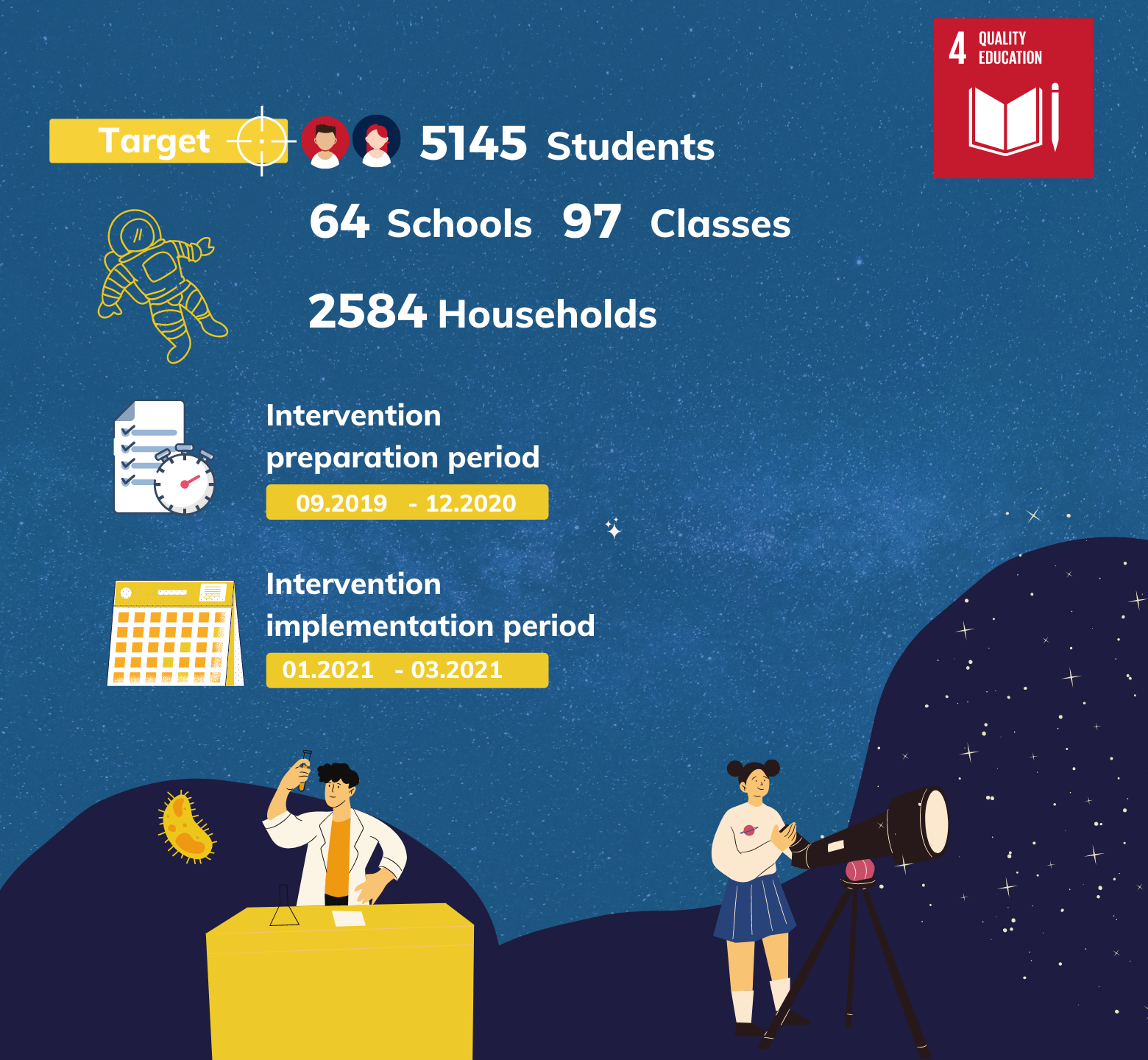
Travelinsights.ai
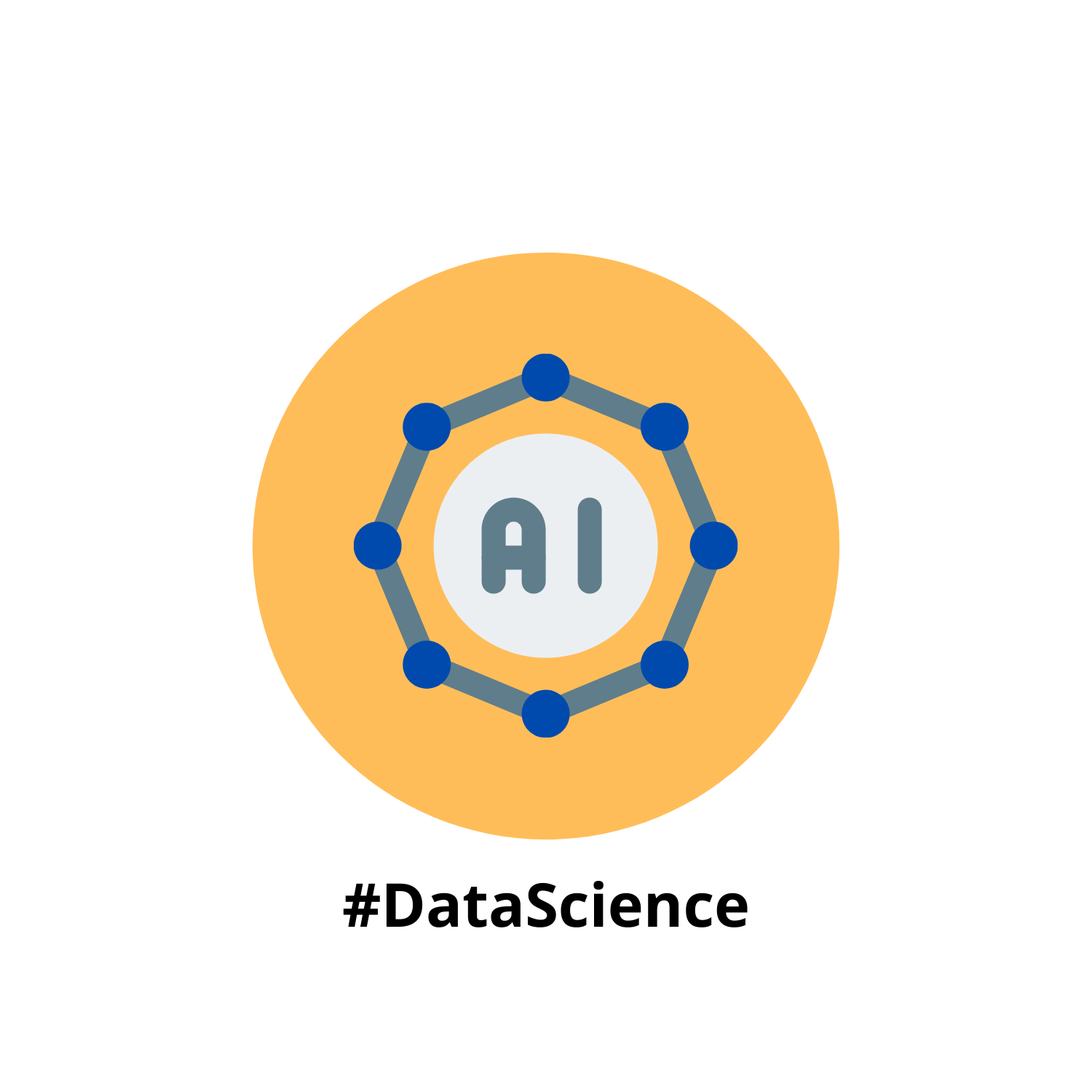
In Armenia, we like creating authentic experiences tailored to tourists’ needs and expectations. Tourists visiting us are our source of inspiration. Every review left online by regular tourists is important for us: favorite moments of the stay, the discovery of the day, the most instagrammable sights — we like to read them all.
Despite its long history, Armenia is a relatively new player in global tourism and there is always room for improvement. Who, if not the tourists could tell us what was great and what should be improved for other tourists?
Travelinsights.ai is the first-ever AI-powered real-time data analytics tool in the tourism sector in Armenia. The online tool fuses travel storytelling and artificial intelligence to collect, analyze, and visualize tourist reviews about Armenia from Tripadvisor.com, Facebook.com and Booking.com.
Through real-time analysis and visualization of the tourist reviews, the tool reveals real travel preferences and on-the-ground issues in Armenia. With one scroll, policymakers, businesses or tourists can explore insights from all over the world about different regions and locations of Armenia.
To this date, the platform has generated more than 500,000 negative and positive insights based on the analysis of 175,000 scraped reviews.
The platform was created within the framework of "Innovative Solutions for SDG Implementation in Armenia" project funded by the Russian Federation and implemented in close partnership with the Government of Armenia.
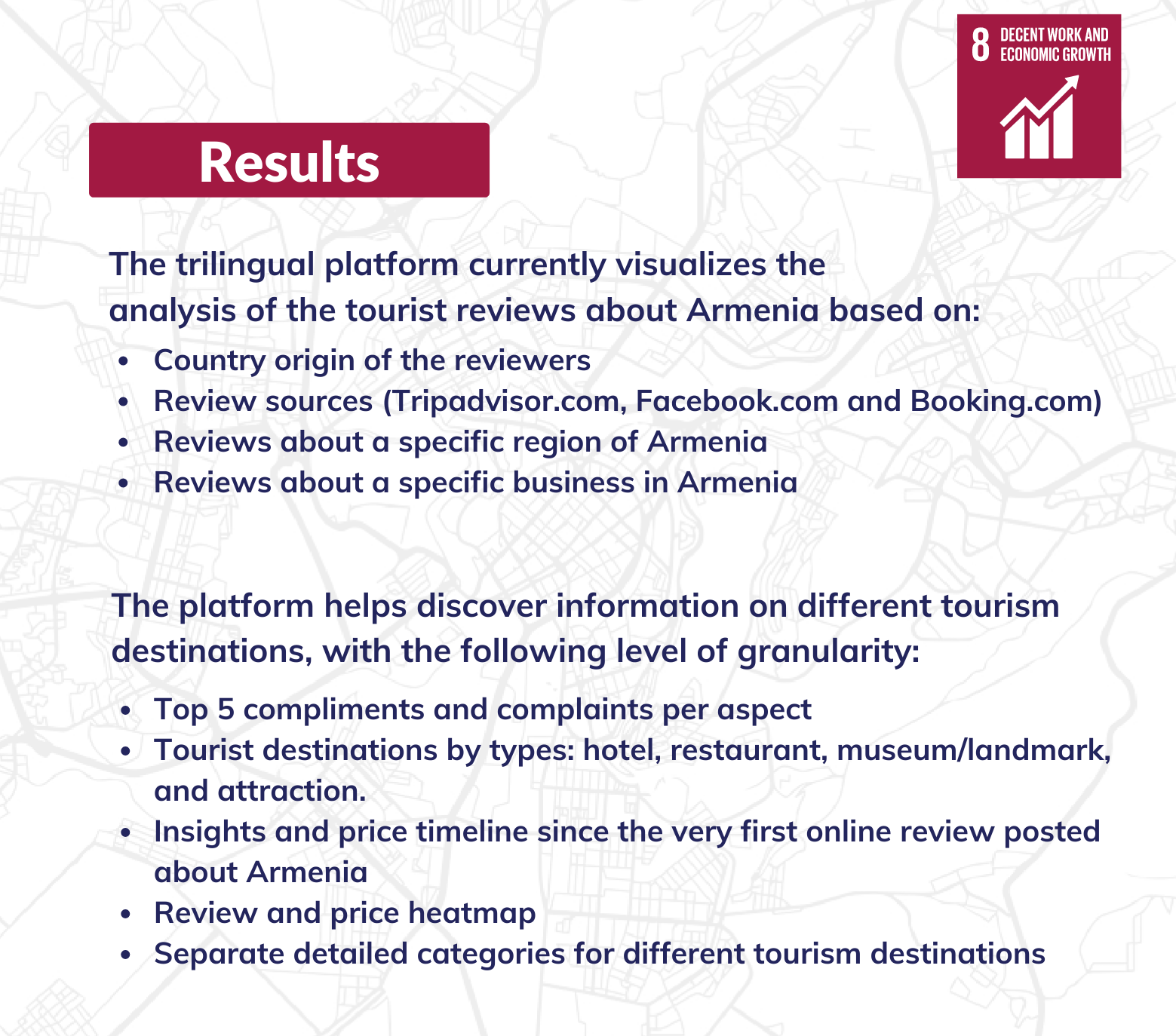
Edu2work

New projects are coming

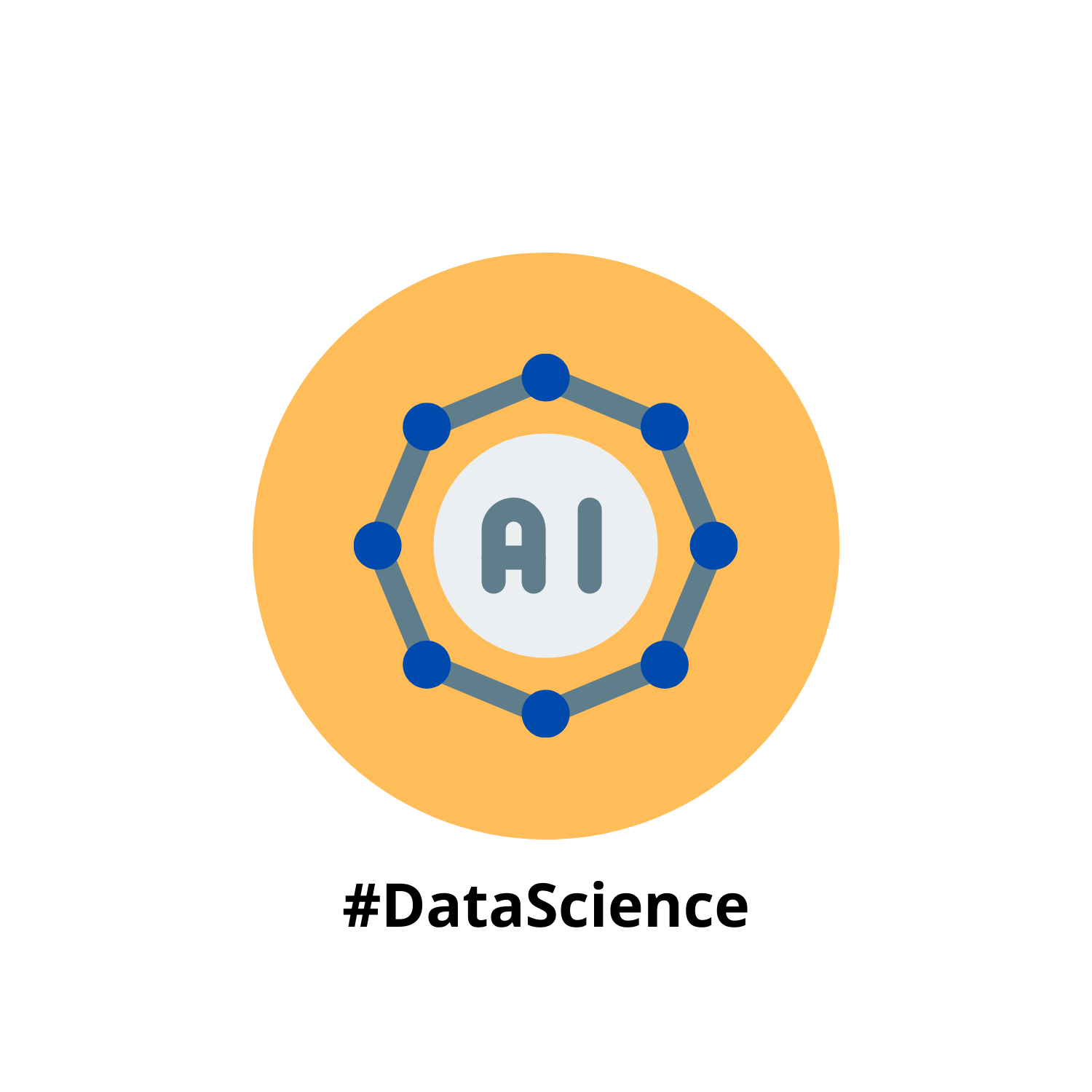
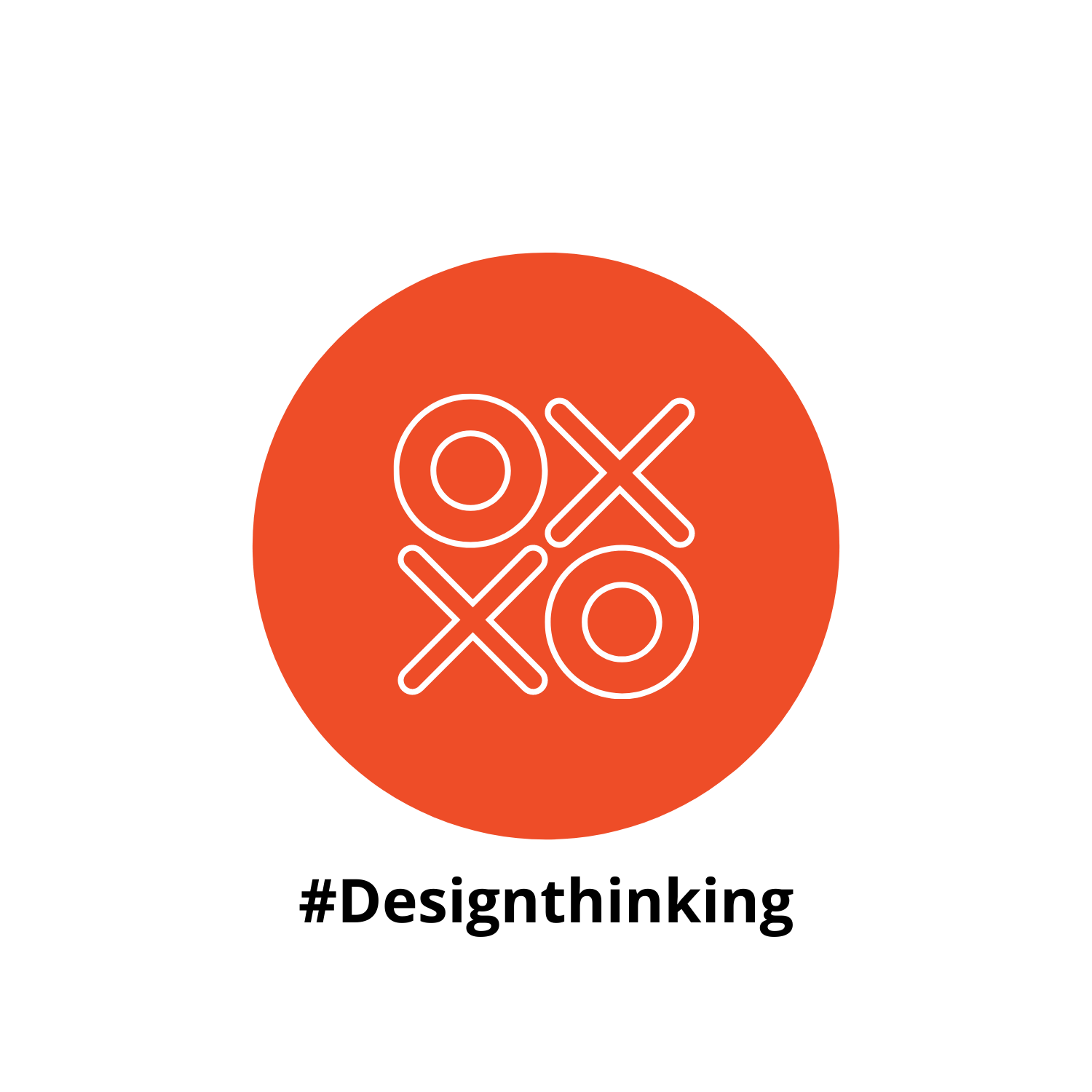
Edu2Work platform was created in response to rapidly changing workplace and continuous mismatch between the labour market demand and supply in Armenia.
The platform is coupling innovative technologies such as scraping thousands of online job postings from a wide variety of commercial websites and analysing it through machine learning technology to bring you the best Armenian labor market data available, so that everyone can make informed career choices.
“Edu2Work” platform was co-designed together with our stakeholders and with 3 main groups of users in mind: students and career navigators, policymakers and researchers, universities and other educational institutions.
Edu2work platform is one of the components of the Edu2work project, which was created in response to a chronicle mismatch between demand and supply of workforce in Armenia. The overarching goal of the project is to reduce youth unemployment by helping people make more informed career choices and better prepare for the job market. The project is part of a bigger initative of the RA Deputy Prime Minister's office called Work Armenia.
Within the framework of Edu2work project, new partnerships were established at the international level with teams that are moving the frontiers in their industries, including Burning Glass Technologies, a world leader in labor market analysis through big data.
Edu2work project is implemented by the SDG Innovation Lab in partnership with the Institute of Public Policy and funded with UK aid from the UK Government.
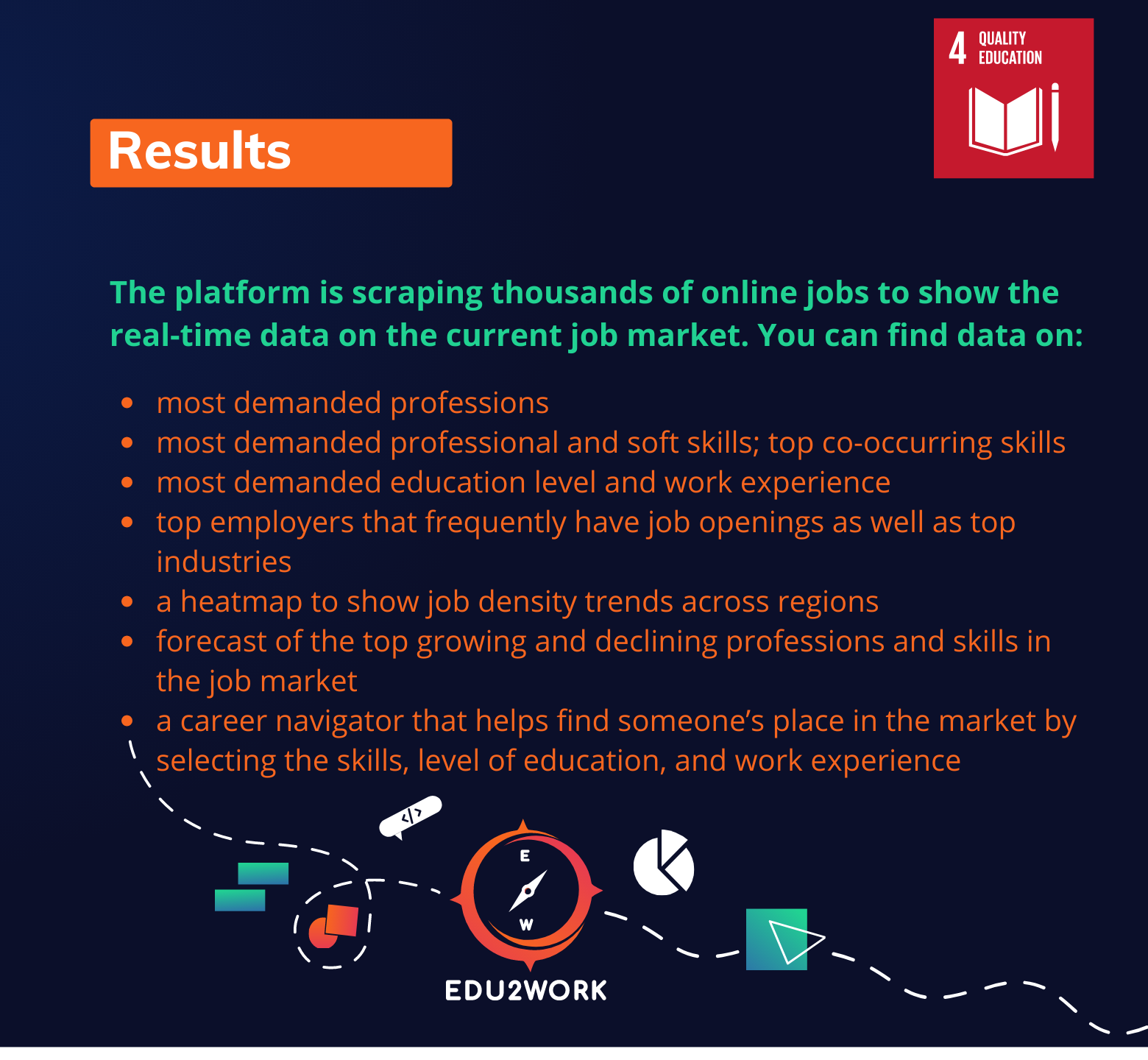
AI4Mulberry
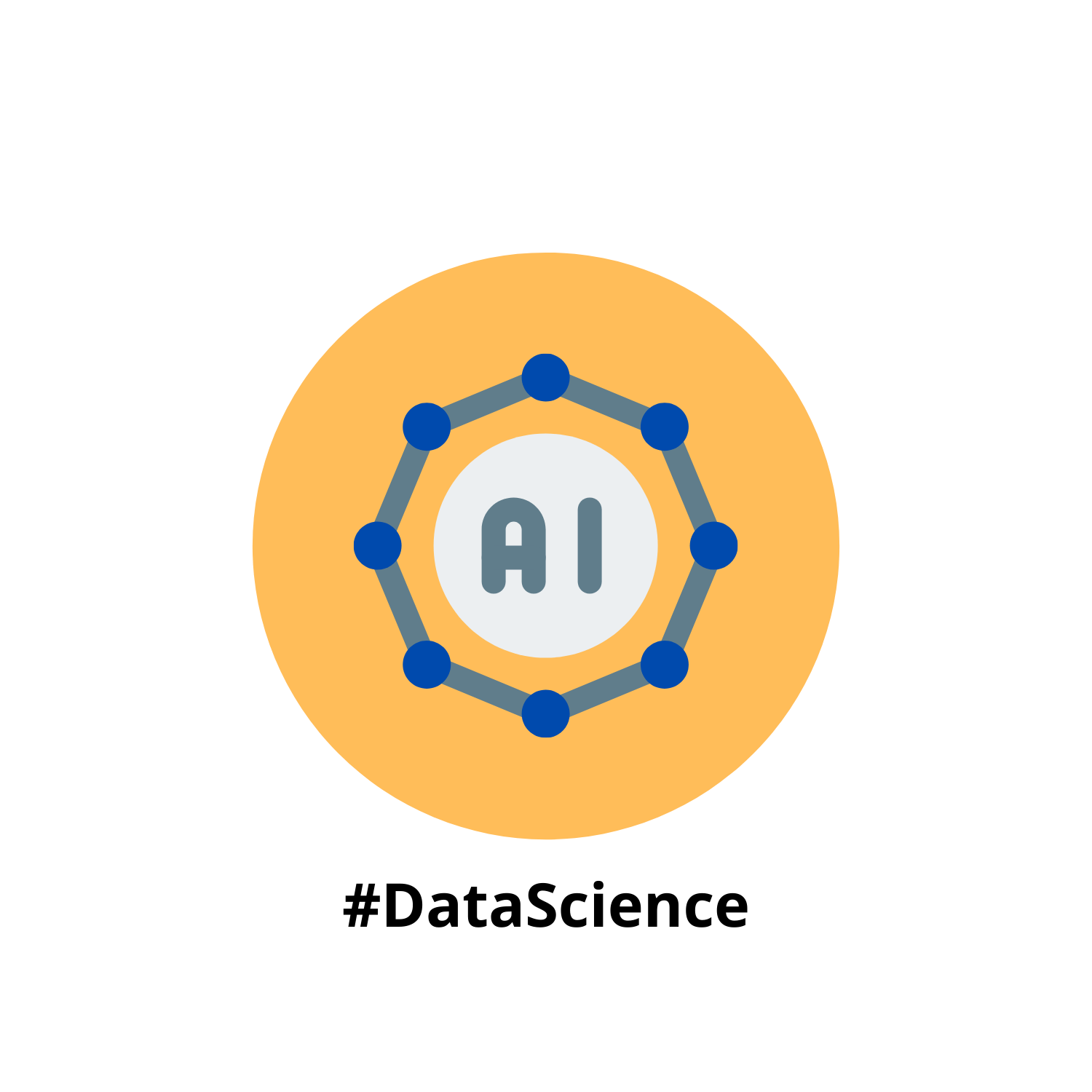
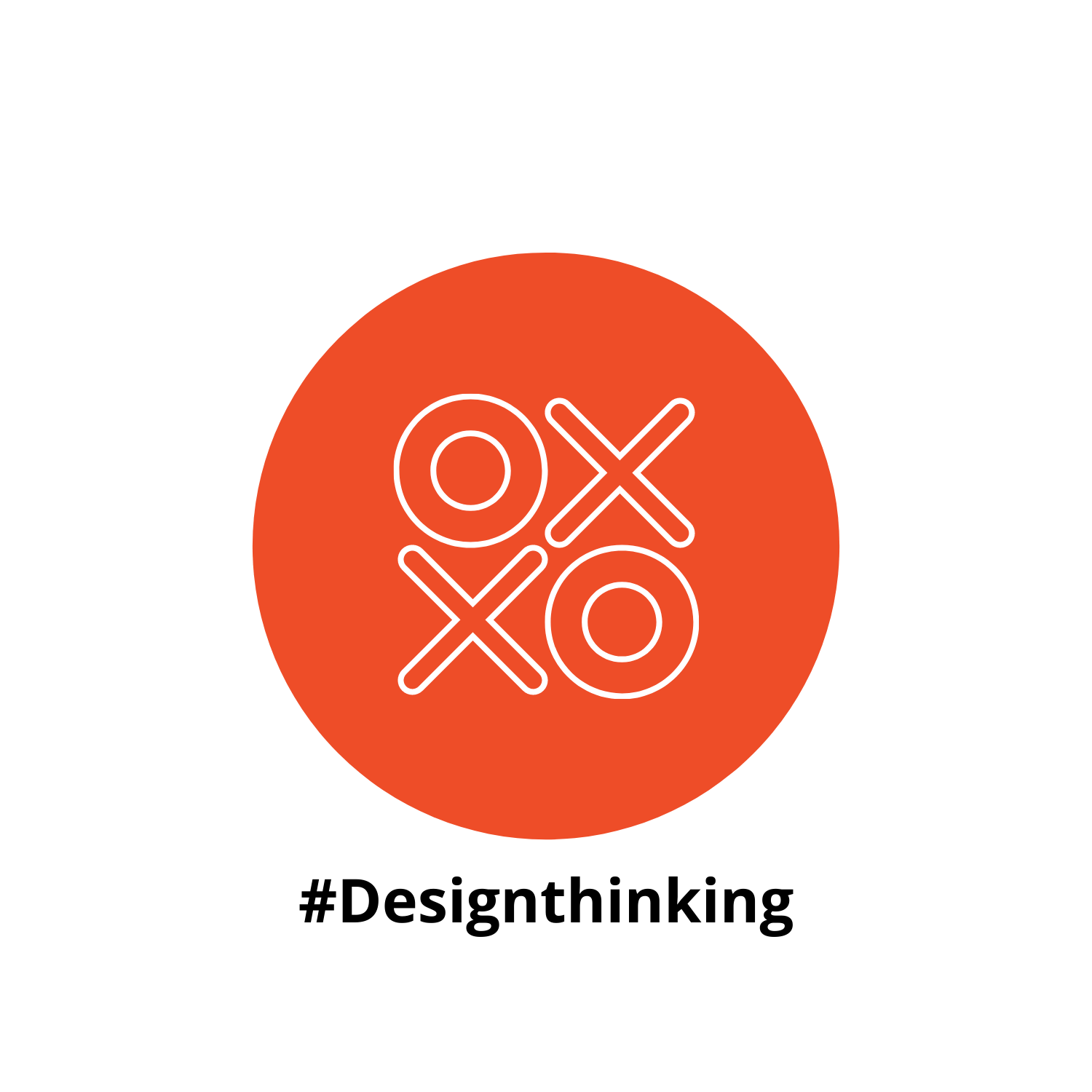
Our Lab helps the Government to be more responsive to changes when technology is developing exponentially. AI4Mulberry project was designed in response to inefficient use of government resources, particularly in processing citizen letters.
A lot of letters (requests, complaints, and recommendations) addressed to the Government are circulated and processed inefficiently in the internal electronic document management system of the Government called Mulberry. This in turn, leads to decreased operational performance and productivity.
AI4Mulberry project was aimed at improving citizen-government correspondence and optimizing the letter flow and resources in the Mulberry system. Within the framework of the project, the Lab came up with a new partnership initiative with the DeepPavlov project team — the Neural Networks and Deep Learning Laboratory at Moscow Institute Physics and Technology.
Using the resources made available by DeepPavlov, we have developed an AI algorithm to automate real–time document (requests, complaints, and recommendations addressed to the Government) classification and labeling in public institutions. This increased operational performance as well as the savings and productivity of the unit itself and in the ministries.
In parallel to developing the AI algorithm, Design Thinking approaches were taken into consideration to the introduction of a centralized and sustainable model of collaboration between Mulberry users and VxSoft — the company managing the Mulberry system.
The project was piloted in MoH, MoE, and PM’s office, with the possibility to scale it up in other institutions as well.
The platform was created within the framework of "Innovative Solutions for SDG Implementation in Armenia" project funded by the Russian Federation and implemented in close partnership with the Government of Armenia.
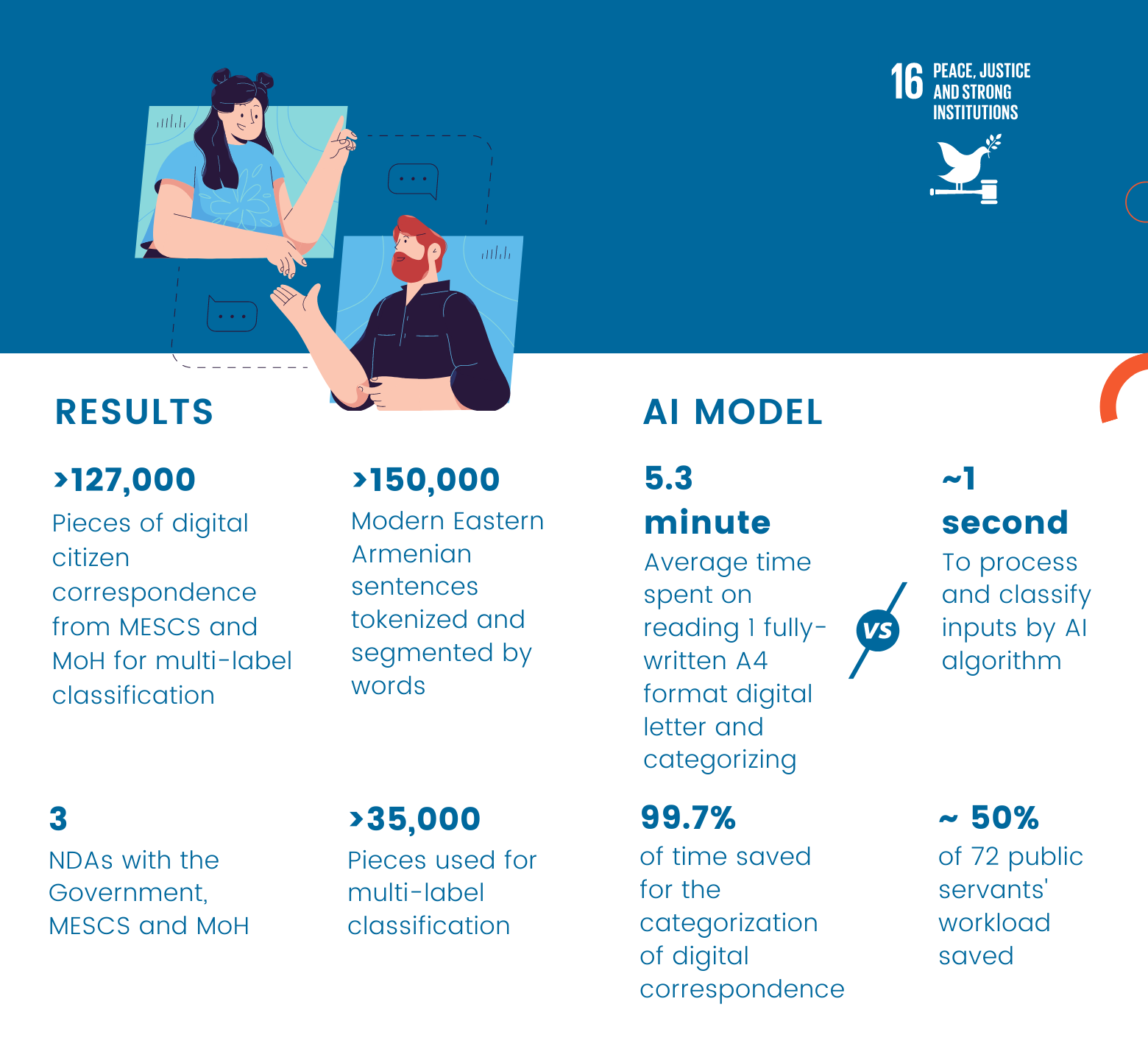
SDG Monitor
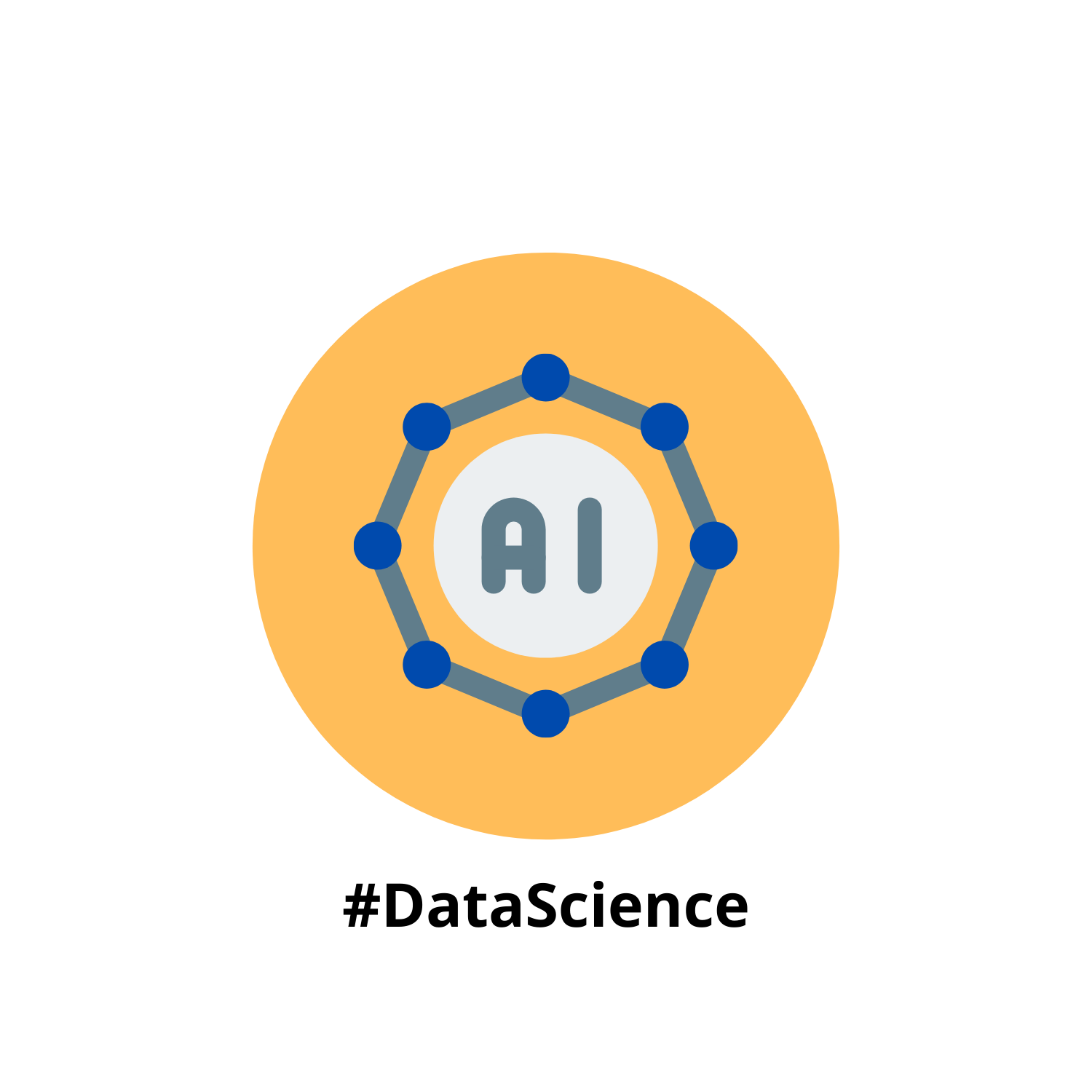
SDG Monitor is a user-friendly, AI-powered, open-access interactive online data analytics tool for real-time SDG progress monitoring in Armenia.
The beta version of the SDG Monitor platform explores and monitors the progress towards achieving the targets and indicators of the SDGs, currently focusing on SDG 16 related to rule of law and access to justice to strengthen national capacities to deliver on SDG 16 as an umbrella for strong and inclusive institutions and accountable governance systems.
SDG Monitor platform couples data from conventional and non-conventional sources and offers a holistic and innovative approach to SDG progress monitoring in Armenia. The data is gathered from over 8 public institutions in Armenia and complemented with data from social media (Facebook) and official Government websites (E-Draft).
In the spirit of SDG 17 “Partnerships for the Goals,” we believe in cross-sector partnerships that pave the way for new solutions and exchange of know-how to achieve the scale and impact necessary to leapfrog in development.
We have been closely working with UNDP's Oslo Governance Centre and learned from its SDG 16 monitoring initiative. To efficiently collect in-depth, country-level insights and measure progress on SDG 16, we have teamed up with Global Data Barometer as a National Hub.
The SDG Monitor platform was developed by the Armenia National SDG Innovation Lab team in cooperation with the UNDP's "Rule of Law and SDGs in Armenia Reform Agenda" project within the framework of "Innovative Solutions for SDG Implementation in Armenia" project funded by the Russian Federation and implemented in close partnership with the Government of Armenia.
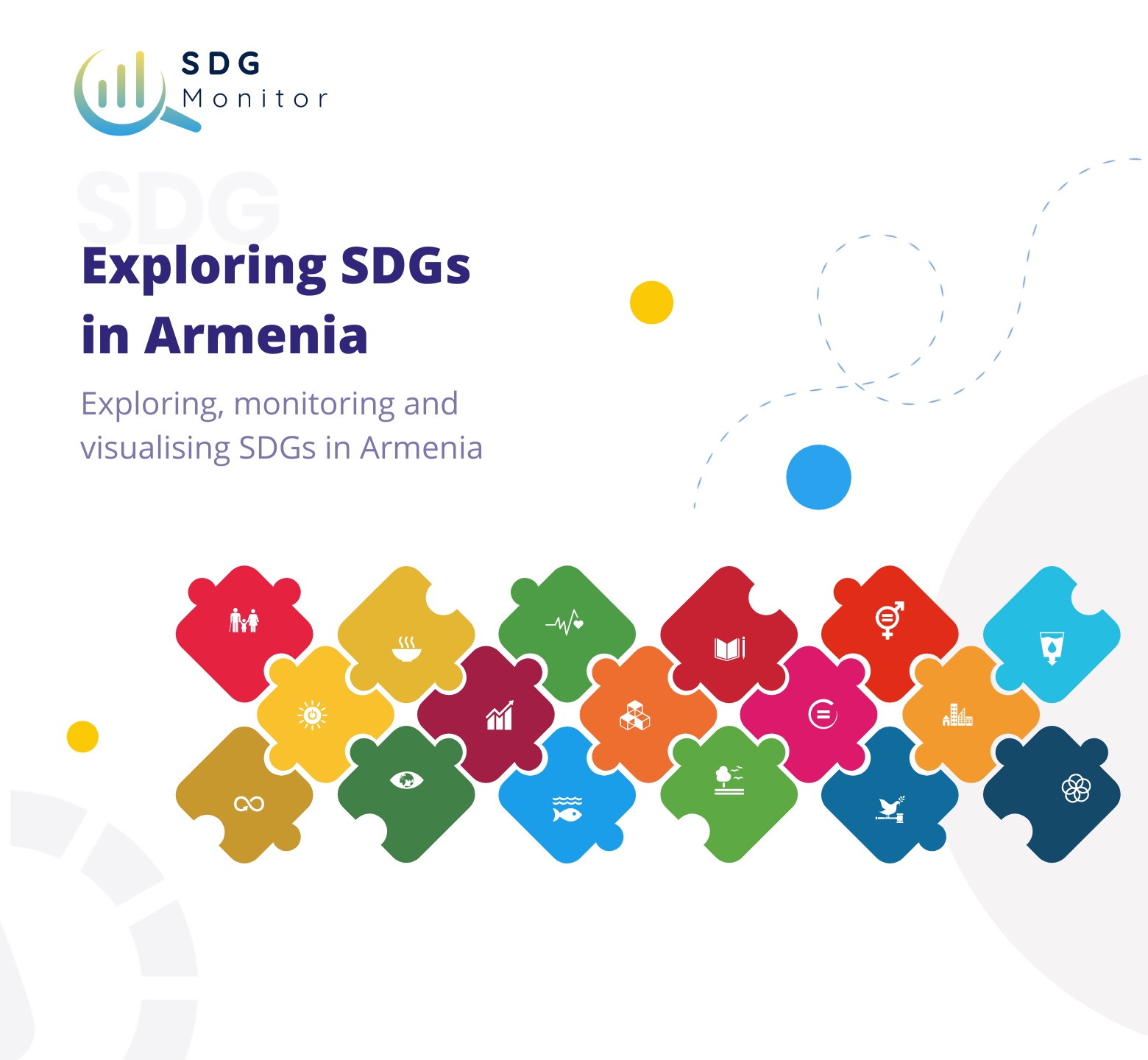
The Armenia-EU CEPA and the Georgia-EU AA
The Armenia-EU Comprehensive and Enhanced Partnership Agreement and the Georgia-EU Association Agreement study is mapping Armenia’s and Georgia’s reform priorities regarding EU approximation and the SDGs.
Armenia and Georgia are highly committed to close collaboration with the European Union and cooperate in the framework of the European Neighborhood Policy and the Eastern Partnership.
Recently, more comprehensive agreements for collaboration have also been established, namely:
- The Georgia-EU Association Agreement (the AA) of 2014
- The Armenia-EU Comprehensive and Enhanced Partnership Agreement (the CEPA) of 2017
Both countries are also signatories to the 2030 Agenda for Sustainable Development, including the Sustainable Development Goals (SDGs). Even though the SDGs are not explicitly mentioned in the CEPA or the AA, many of their provisions are in line with the three dimensions of sustainable development: economic, social and environmental.
To better understand these linkages, UNDP and the Armenia SDG Innovation Lab mapped the EU approximation commitments with the global SDG targets.
The objective of the review is to provide policy makers and international development partners with a common framework that enables comparability in the assessment of sustainable development progress.
This report was prepared with funding from the Swedish Ministry for Foreign Affairs and UNDP’s Rule of Law and Human Rights Global Fund.
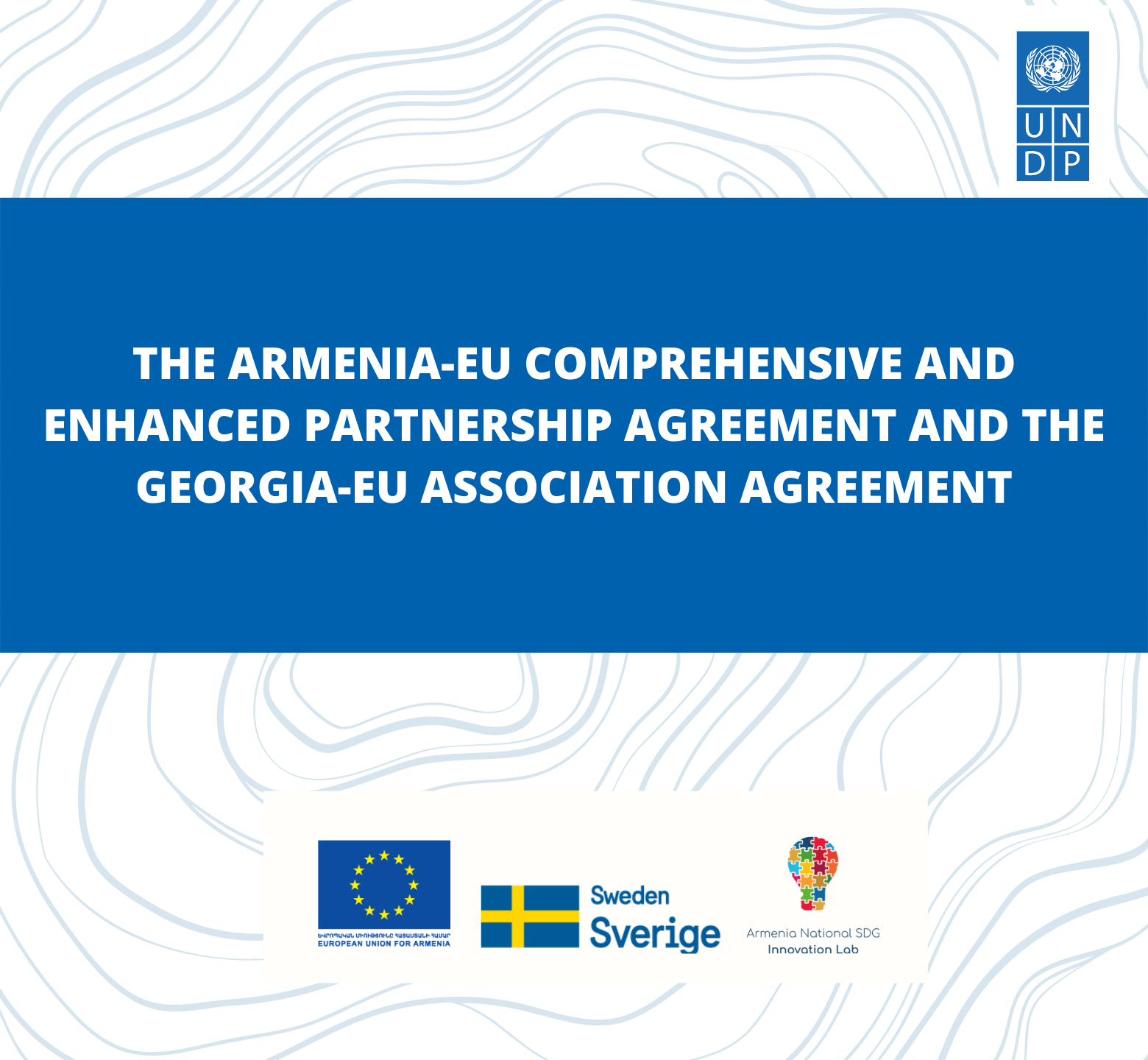
Promoting affordable and clean energy in the Armenian villages
Innovative approach of the project is the revolving mechanism earlier tested by R2E2 for public buildings energy efficiency financing. Under this mechanism the households are provided 8% annual interest loan for up to 8 years and repayments are used to finance new households needs.
In total, 427 applications were received out of which 418 for installation of solar water heaters and 9 for solar PV modules (with cumulative installed capacity equivalent to 33.03 kW). As a result of this activity, 379 families installed solar water heater, with 11 small PV installations. In total, 1,223,200 kW of “green energy” will be generated annually through installations reducing carbon emissions equivalent to 535.7 tons of CO2.
The total number of families benefiting from this activity is 192. The progress monitoring carried out by R2E2 revealed that around 30% of these beneficiary families are women-led households.
Additionally, a qualitative research was carried out to reveal motivation behind installing PV panels and heaters and policy recommendations were made to further promote the use of solar energy in the regions, especially in non-gasified communities of Armenia.
The project was implemented in cooperation with R2E2 fund within the framework of "Innovative Solutions for SDG Implementation in Armenia" project funded by the Russian Federation and implemented in close partnership with the Government of Armenia.
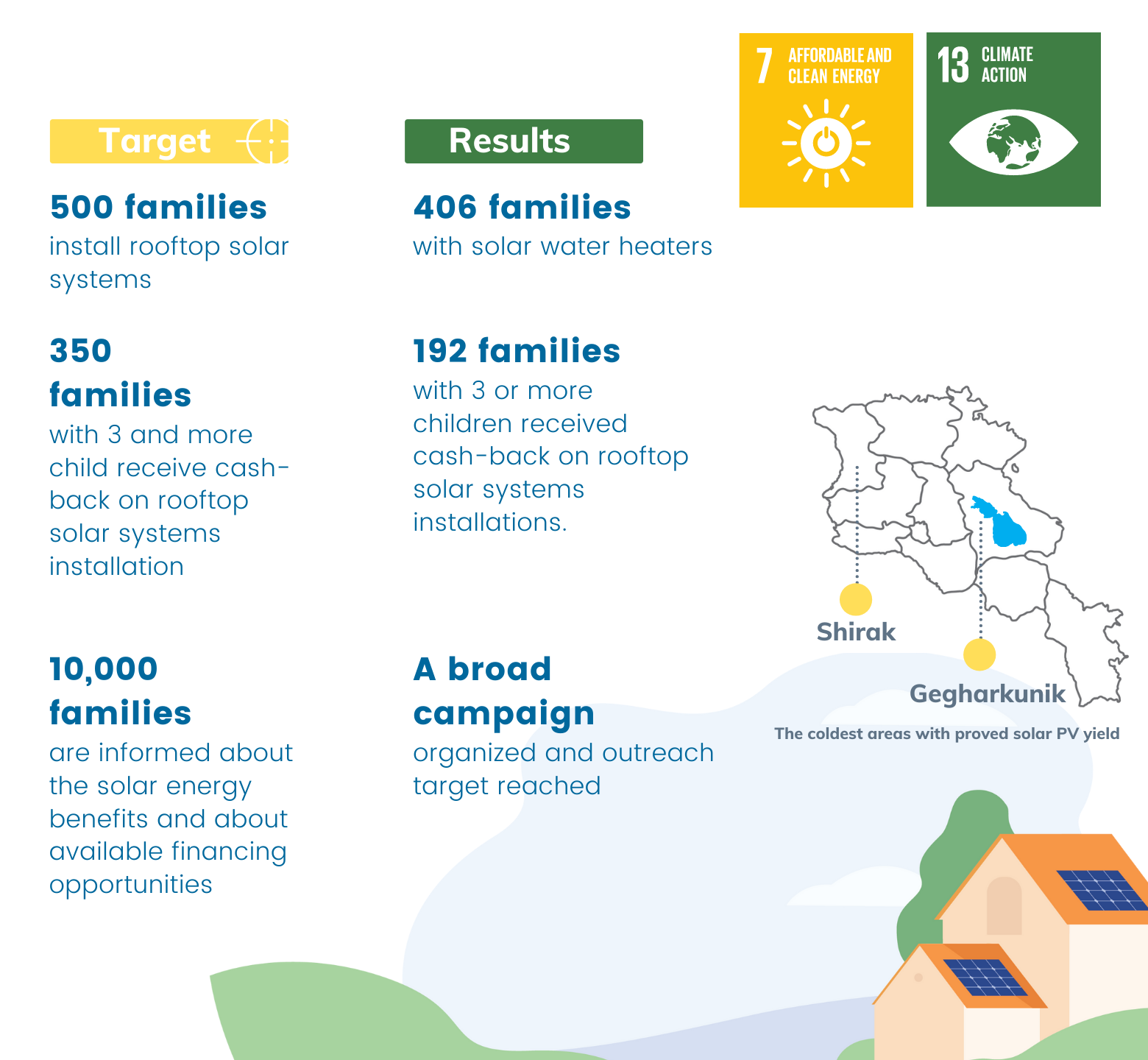
AgriTech Accelerator
The program is designed to support science and technology-backed startups and budding entrepreneurs offering solutions to tackle challenges in the agricultural sector of Armenia and worldwide. AIM ANAU AgriTech Accelerator program is the follow-up phase of the ANAU AgTech incubator launched in 2019 at Armenian National Agrarian University (ANAU) with a 10-week pre-incubation training program and deep learning workshops.
AgriTech Acceleration program aims to provide the necessary knowledge, expertise, network, and funding for setting up, and/or scaling up existing ventures. The core component of the track is growing the network of startups to further scale their venture.
Challenges included:
- data-driven agriculture
- online management systems and e-commerce
- increased efficiency in food production value chain through new technologies
*The solutions that also target responding urgent challenges caused by COVID-19 in the short and long terms, are considered as high priority.
The Accelerator was wrapped up in October 2020 with a Demo Day. The winners of the AgriTech Accelerator were:
- SmarTerev 5000 €
- FoodHub 5000 €
- Agrosko 3000 $
- Green Land 3000 $
The program was launched by UNDP ImpactAIM Accelerator and implemented jointly with Armenia National Agrarian University (ANAU), Foundation for Armenian Science and Technology (FAST), International Center for Agribusiness Research and Education (ICARE) Foundation, Nation in Action initiative, is supported by Armenian National Innovation SDG Lab and ADB Ventures Facility.
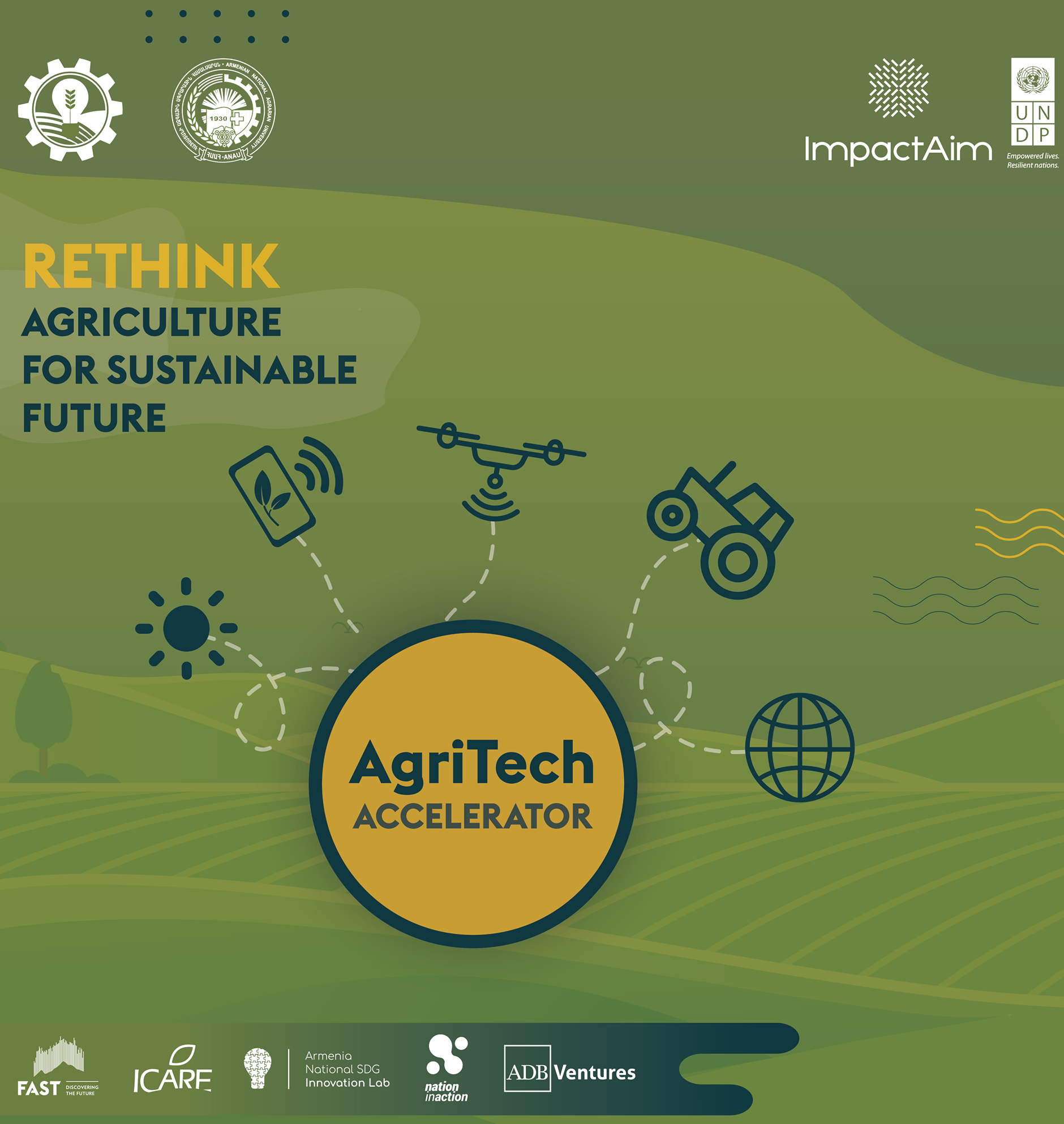
Accelerator #5
The core mission of the Accelerator #5 program is to empower women and kids living in Armenia to make the first steps in the tech world by delivering tech and business trainings, as well as helping them to come up with their own startup projects. The program is tailored to the needs of kids (girls and boys) and women, who have little or no field knowledge. There have been 3 volumes of #ACC5 Accelerator to this date.
UNDP ImpactAim Accelerator #5 vol.2 addresses the SDG 5, which calls for gender equality and empowerment of all women and kids, since there's an immense opportunity to make an impact worldwide via knowledge gained and personalized by kids and women.
The participants graduated with profound skills needed for the creation of their own startup or joining an existing one. The best startup projects entered ImpactAIM Accelerator Program, where through a specially designed curriculum and mentorship, they were able to develop their business projects further. Some progressed students were granted the opportunity to become a Trainer. The program was fully free of charge.
Accelerator #5 (ACC #5) is implemented by UNDP Armenia in cooperation with ISTC Foundation (Innovative Solutions and Technologies Center Foundation), Enterprise Incubator Foundation, Girls in Tech Armenia, Armenia National SDG Innovation Lab, UNHCR Armenia, and UNICEF Armenia.
